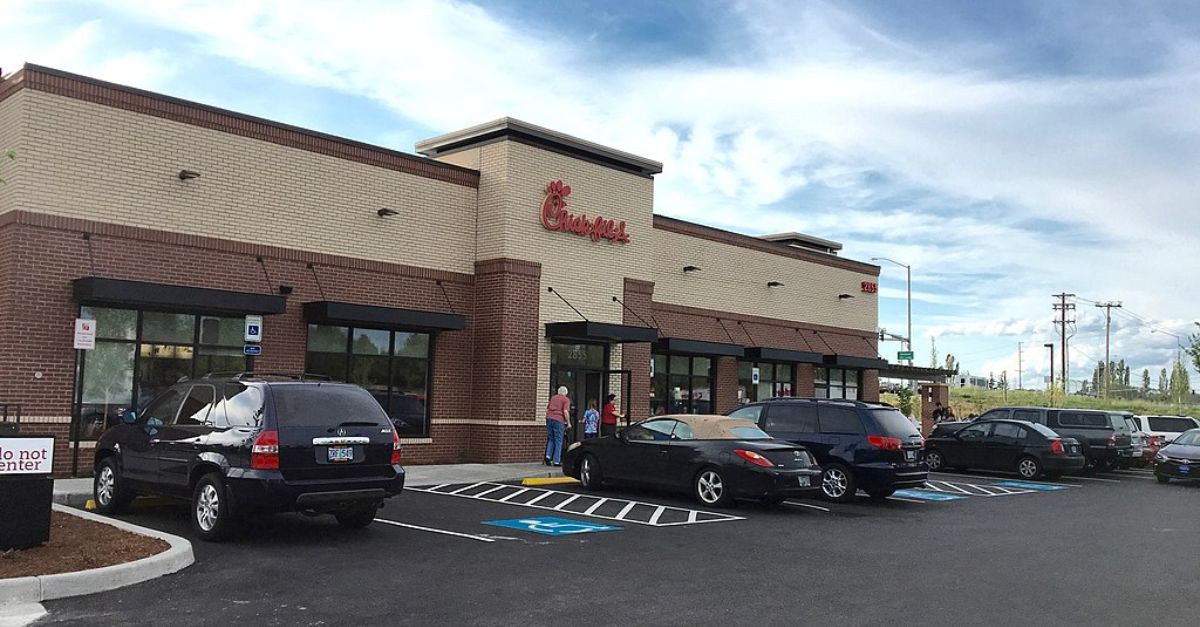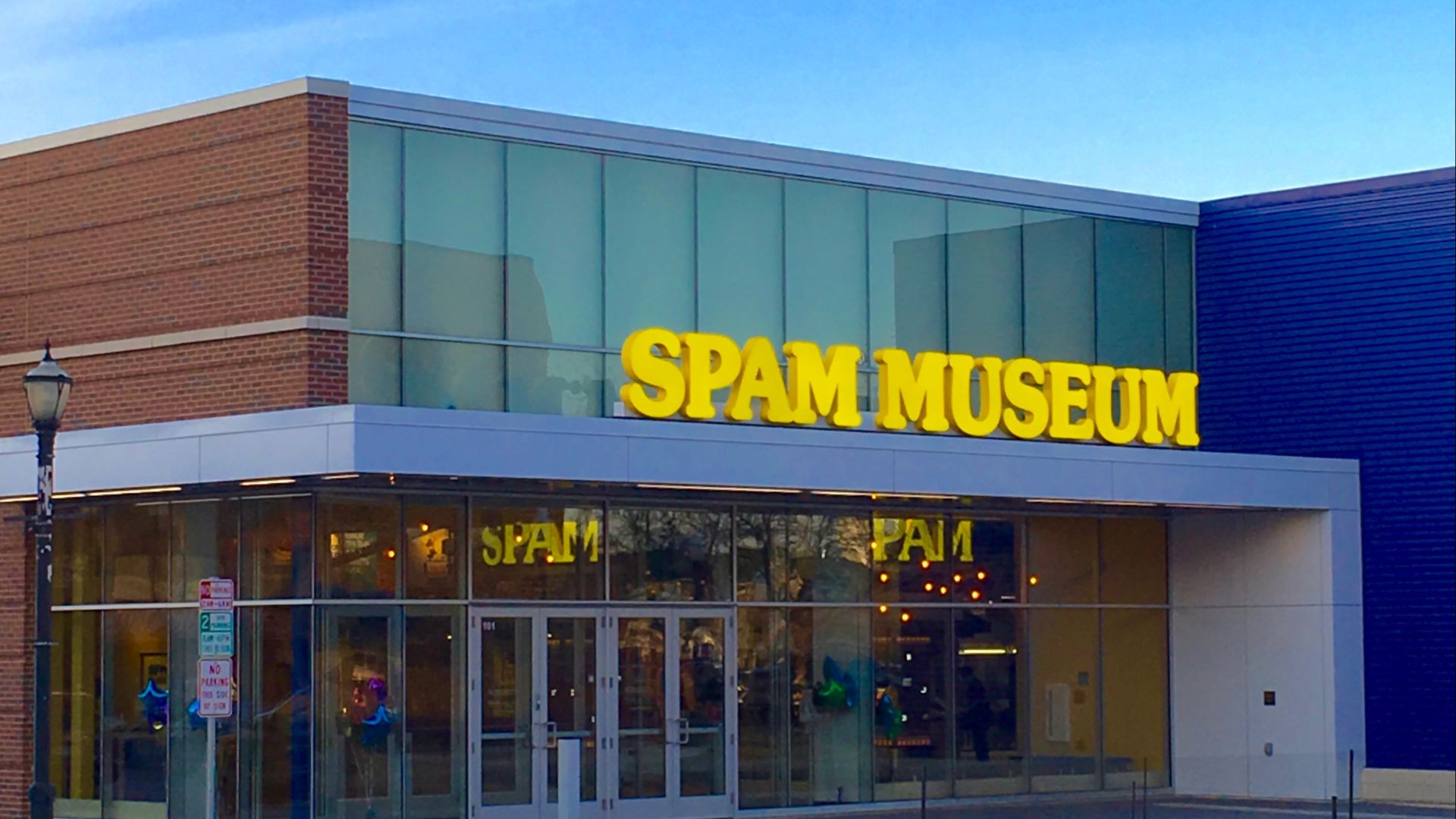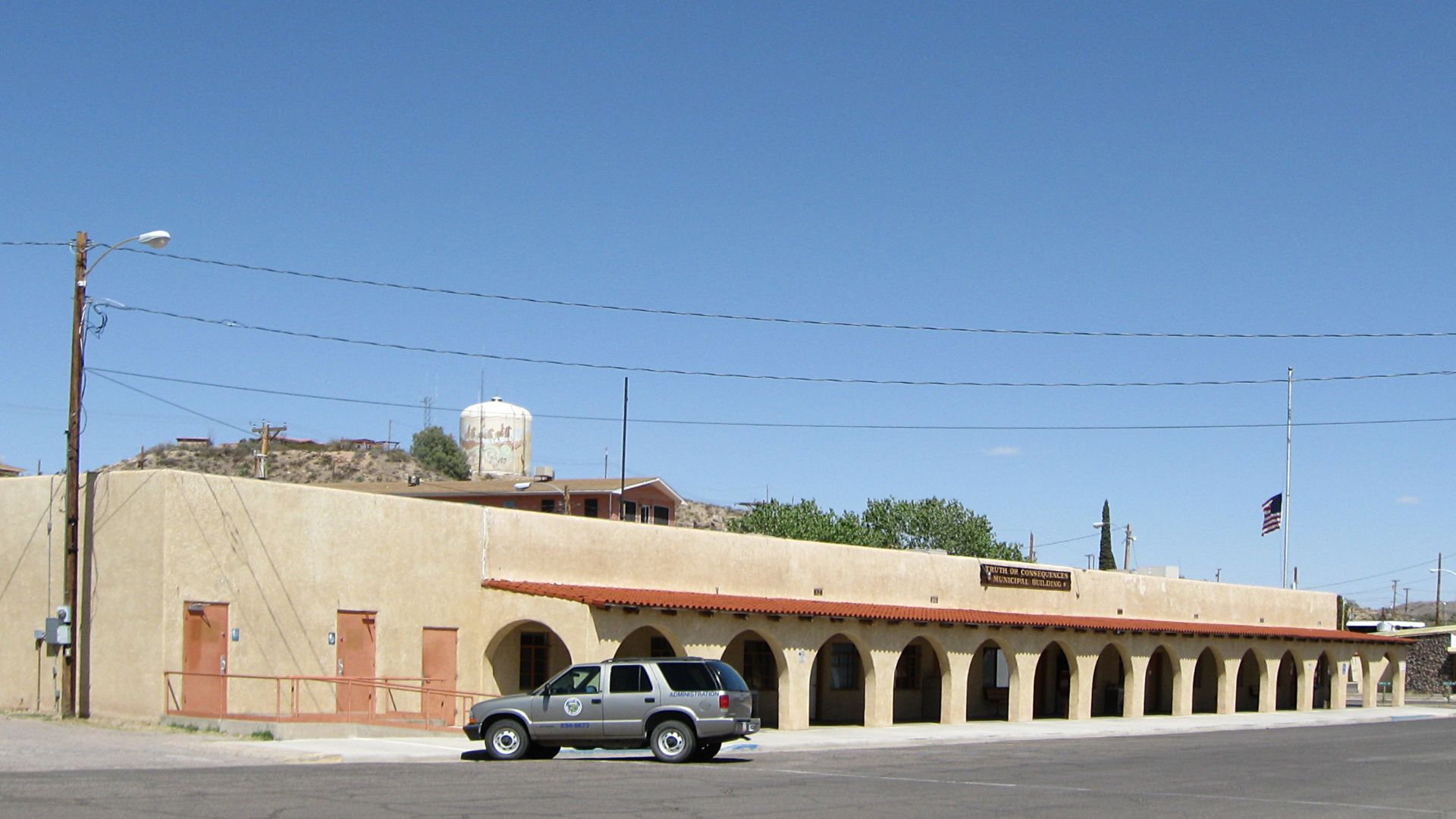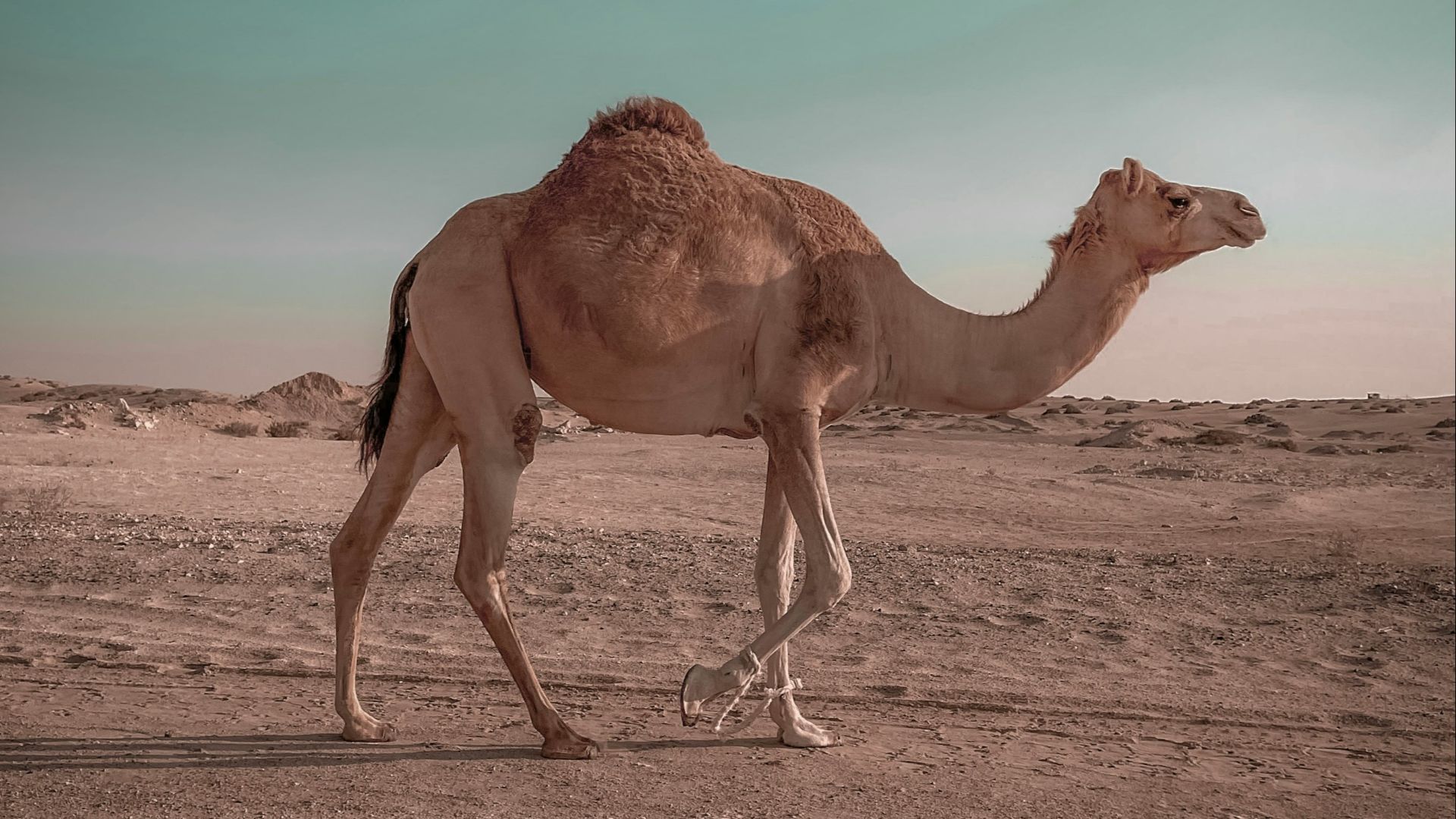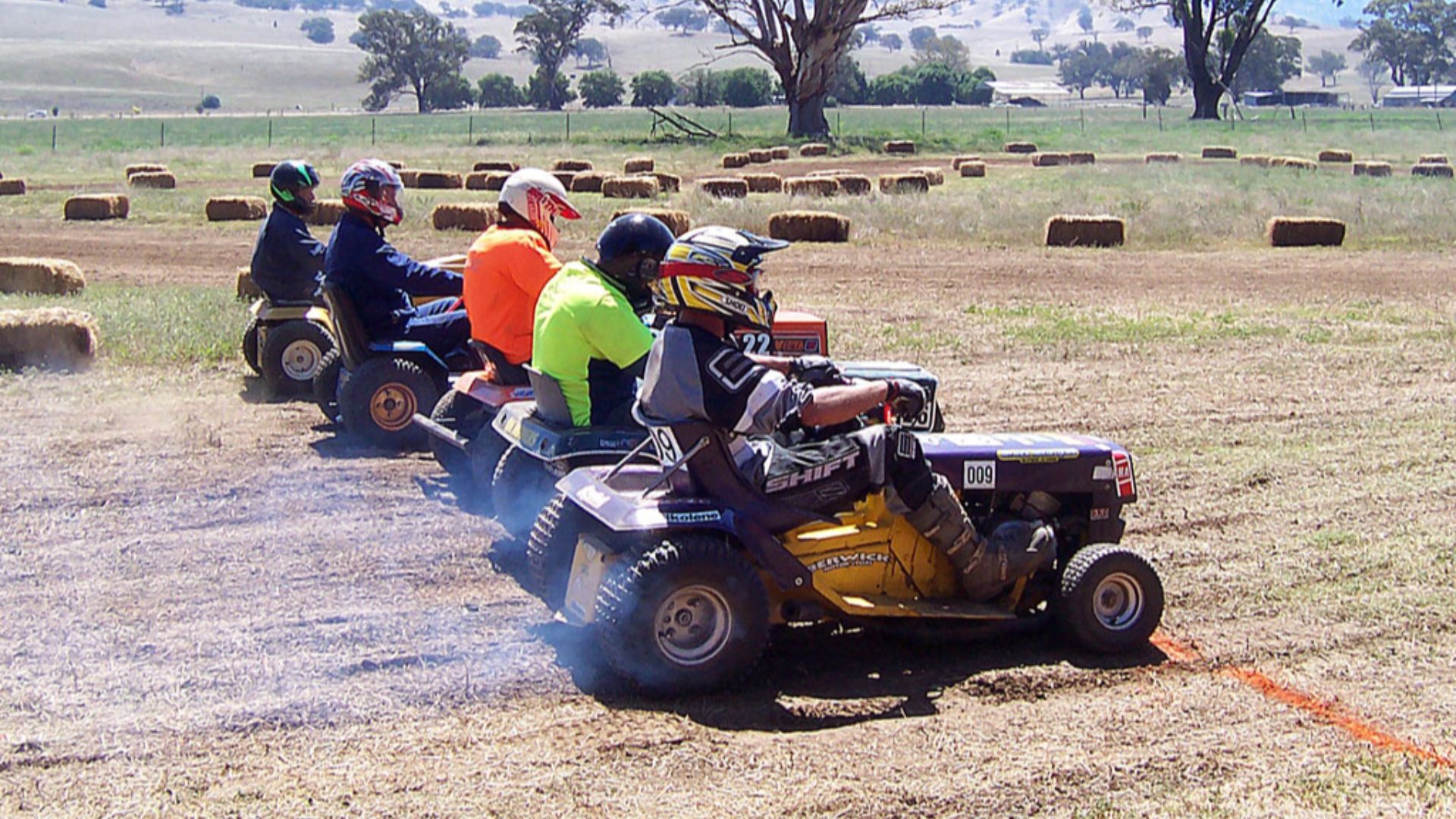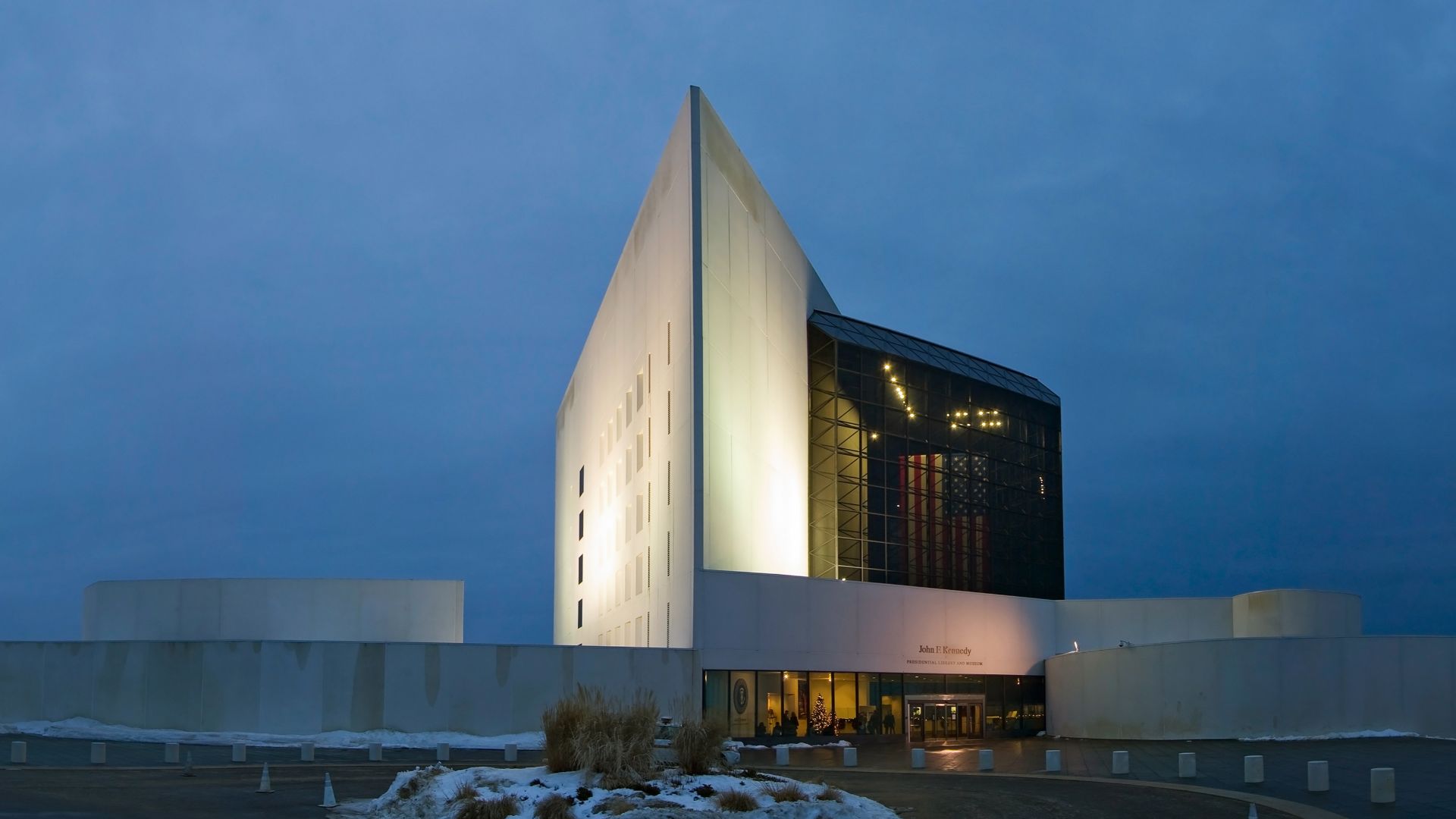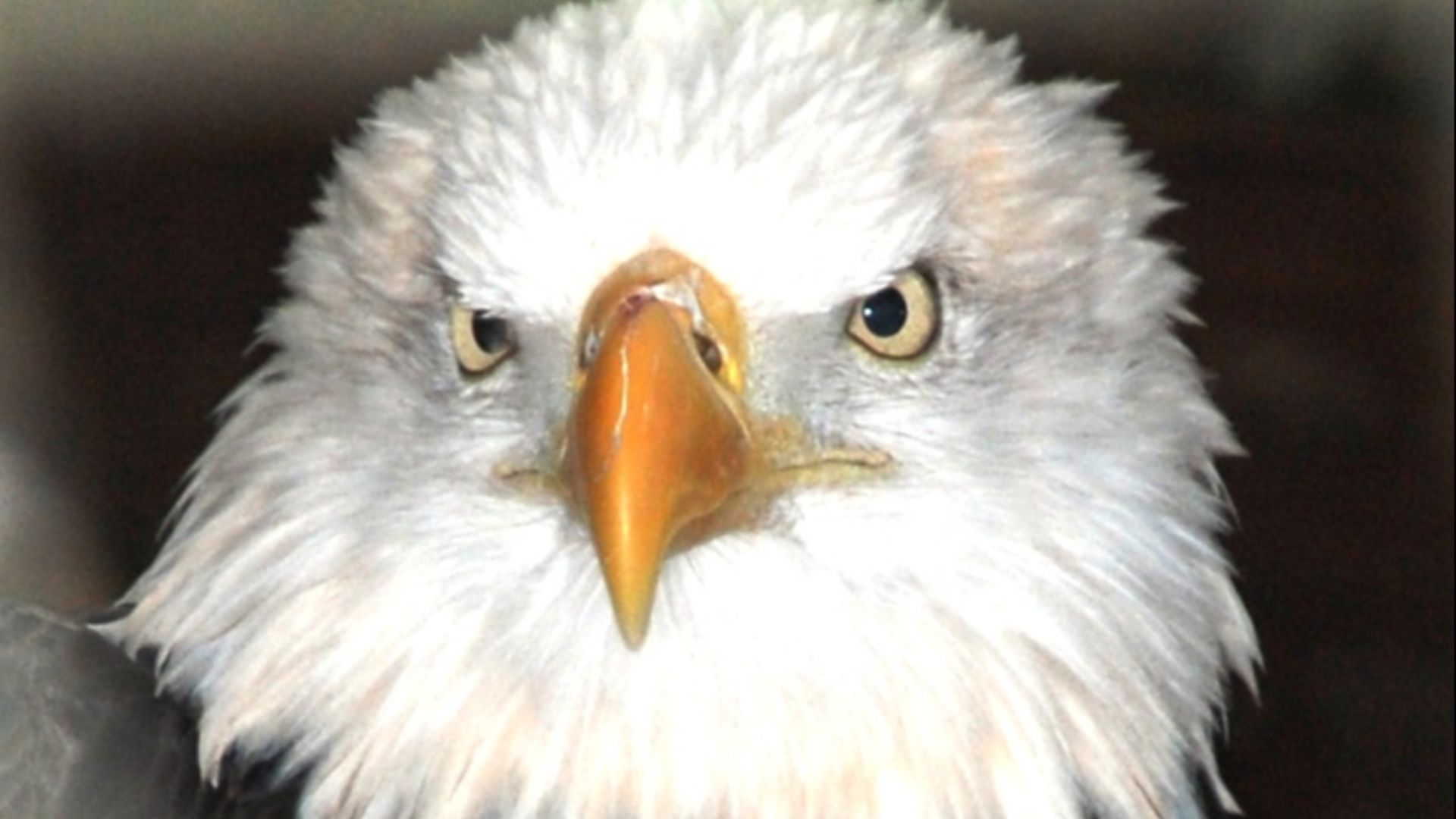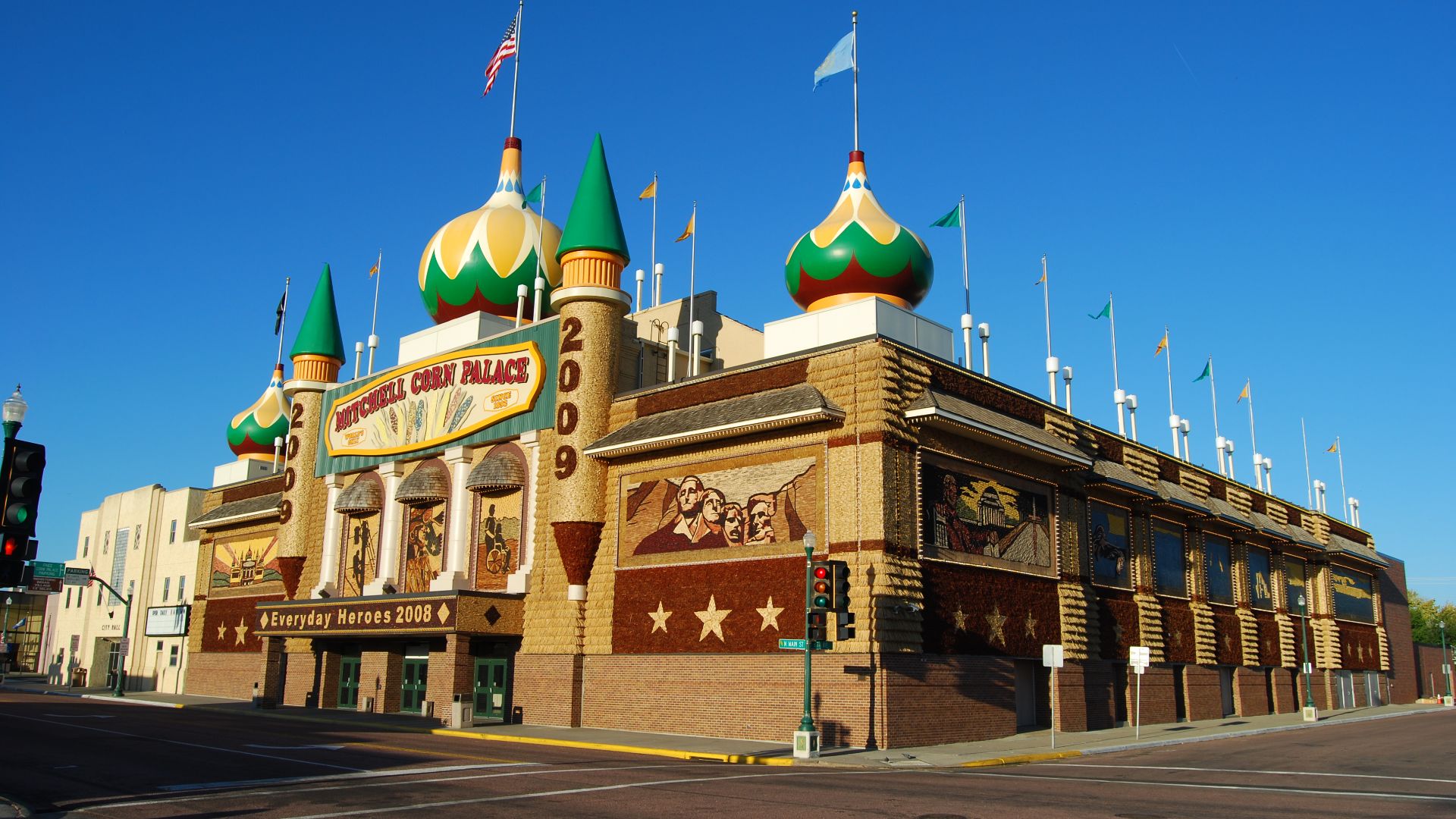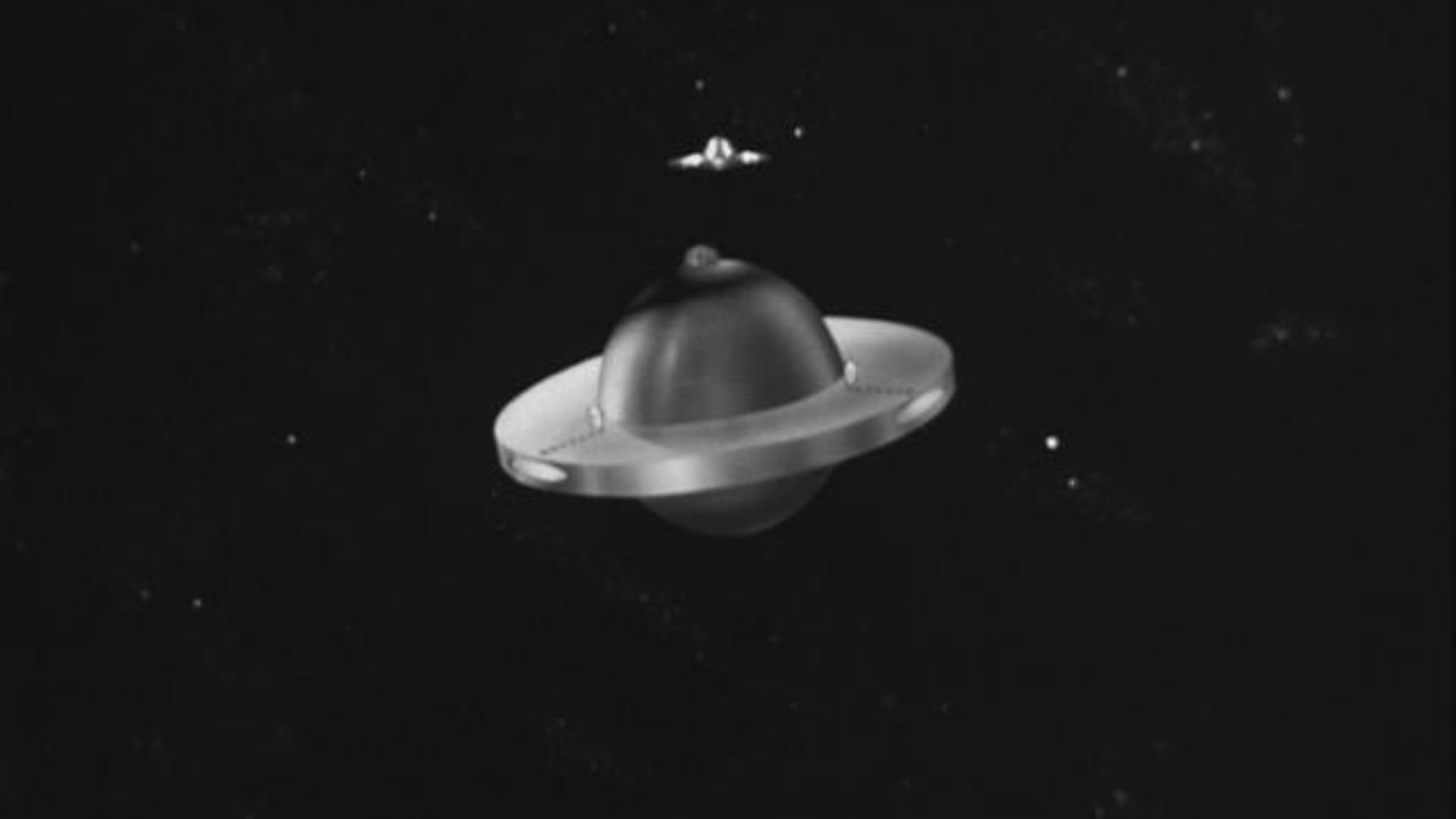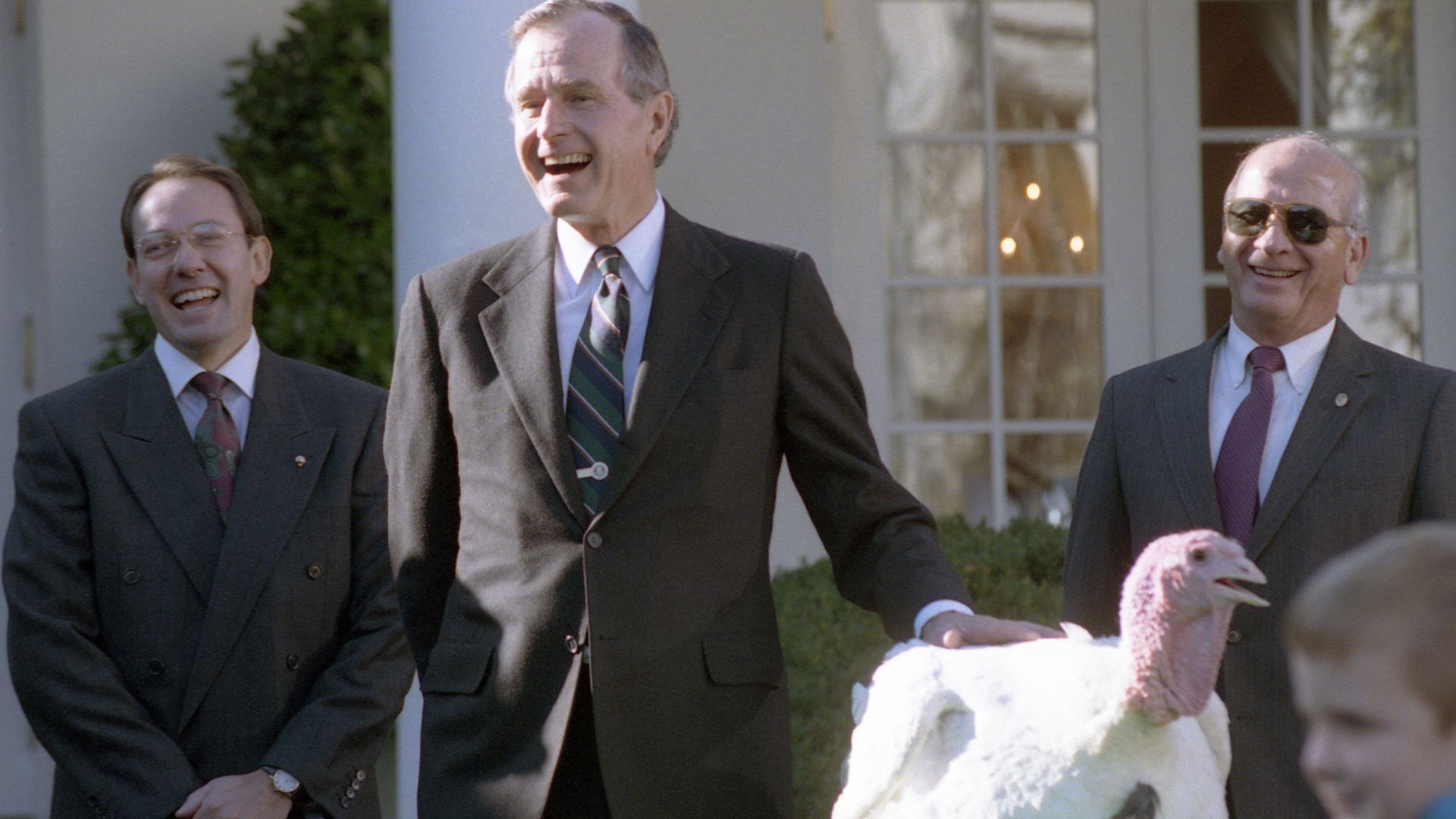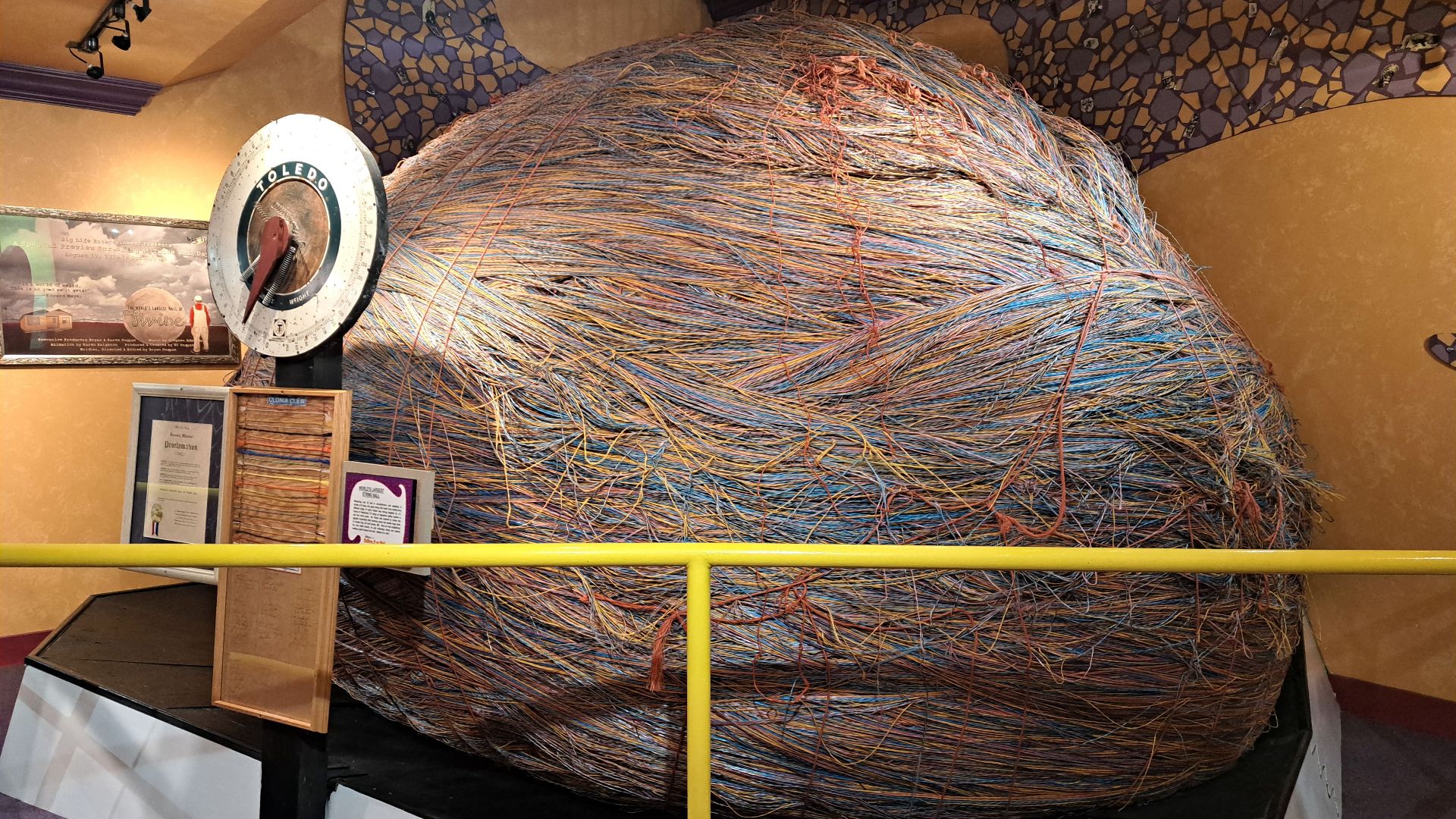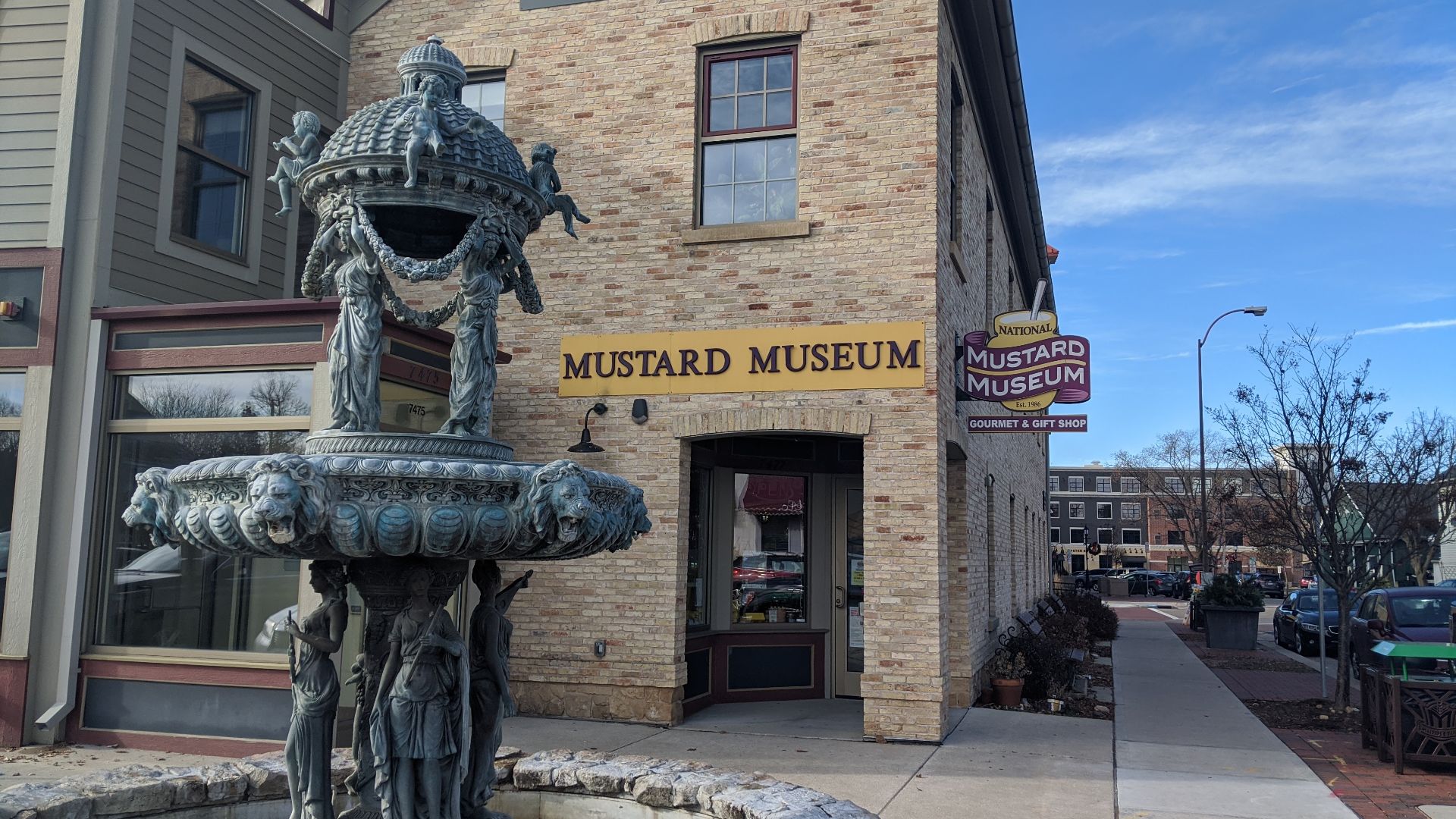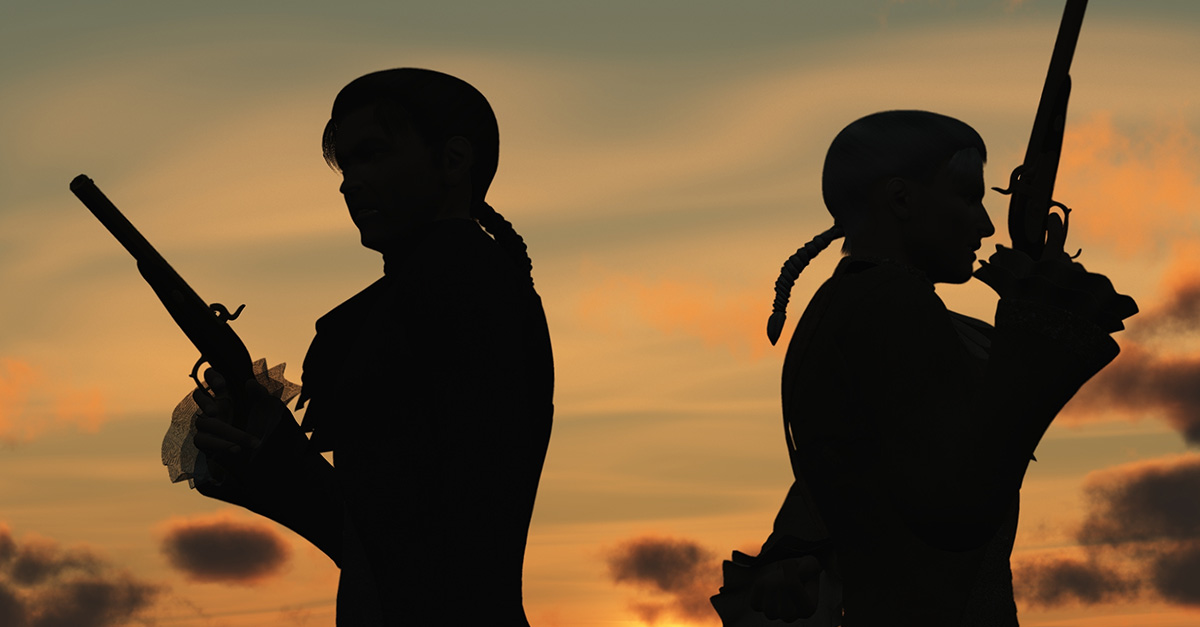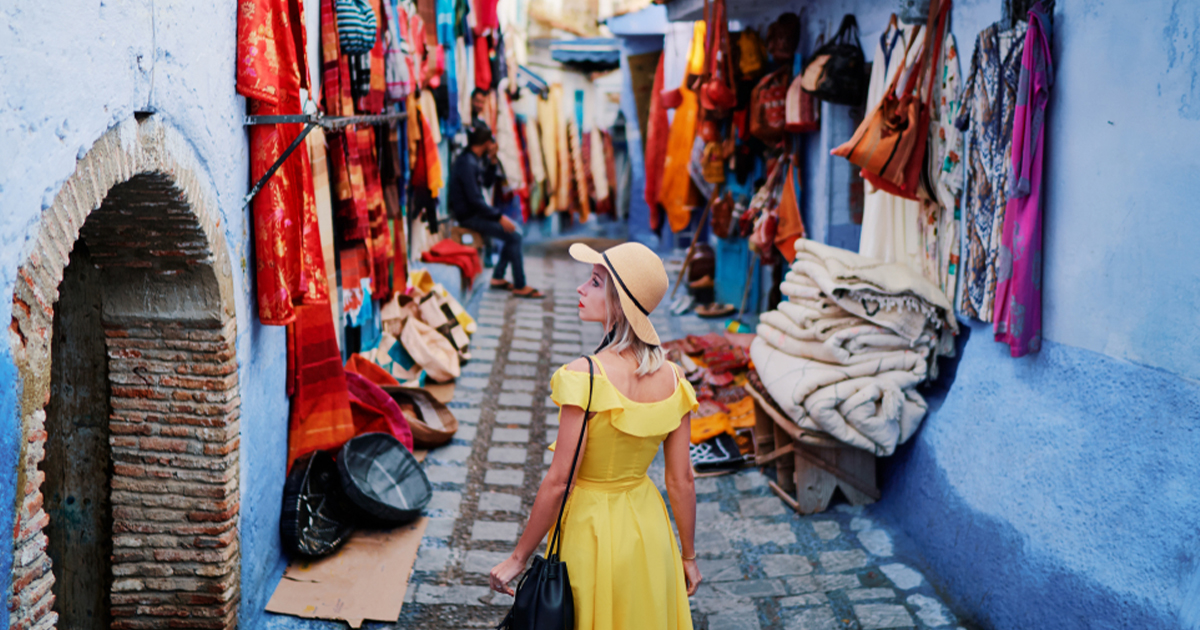Made In USA
Creativity runs wild across America's cultural scenario. Inhabitants dream up traditions that make perfect sense to some yet baffle international visitors. You could call them random oddities, but in reality, they're pure American magic.

Dog Mayors
In the small town of Cormorant, Minnesota, a big, fluffy Labrador retriever named Duke won an election that wasn't just for show. The townspeople actually cast ballots and elected this friendly canine as their official mayor in 2014, beating out human competition.
 Dog Elected Mayor of Minnesota City (For His THIRD term!) by ABC News
Dog Elected Mayor of Minnesota City (For His THIRD term!) by ABC News
Dog Mayors (Cont.)
Well, Duke's political career didn't end with just one term either. This politician was so popular that citizens reelected him for multiple terms through 2019. During his time in office, Duke attended community events and became a beloved symbol of small-town American quirkiness.
 Dog Elected Mayor of Minnesota City (For His THIRD term!) by ABC News
Dog Elected Mayor of Minnesota City (For His THIRD term!) by ABC News
Vegas Eiffel Tower
Half the size but 100% American, Las Vegas' Eiffel Tower replica stands 541 feet tall at the Paris Las Vegas Hotel and Casino. Unlike its French counterpart, this version has a glass elevator that whisks visitors to an observation deck offering stunning views.
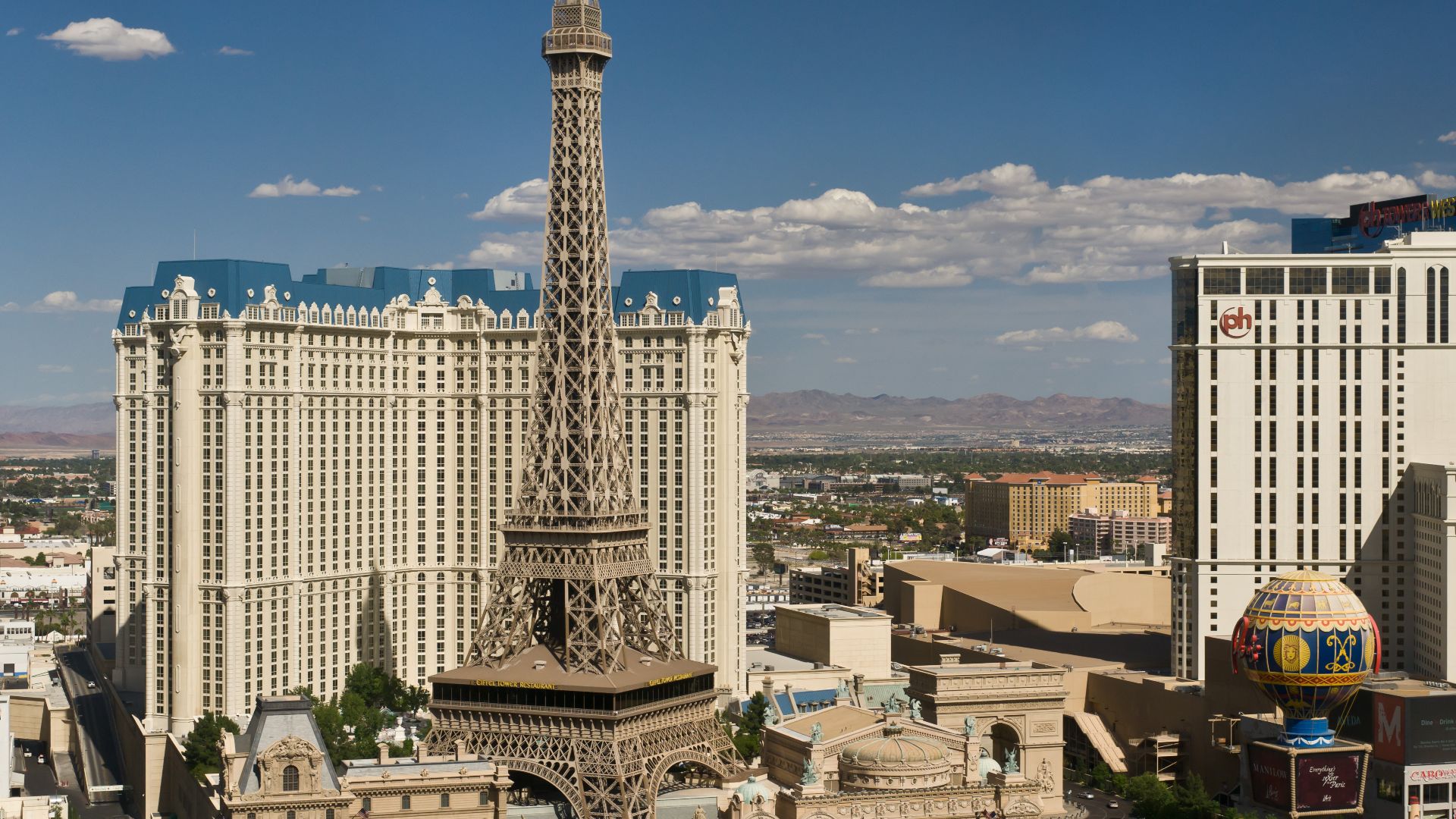 Jürgen Matern, Wikimedia Commons
Jürgen Matern, Wikimedia Commons
Vegas Eiffel Tower (Cont.)
This tower was constructed in 1999 for $785 million as part of the Paris-themed hotel complex. Apparently, builders had to modify the original designs after the local airport expressed concerns that the building's height would affect flight paths.
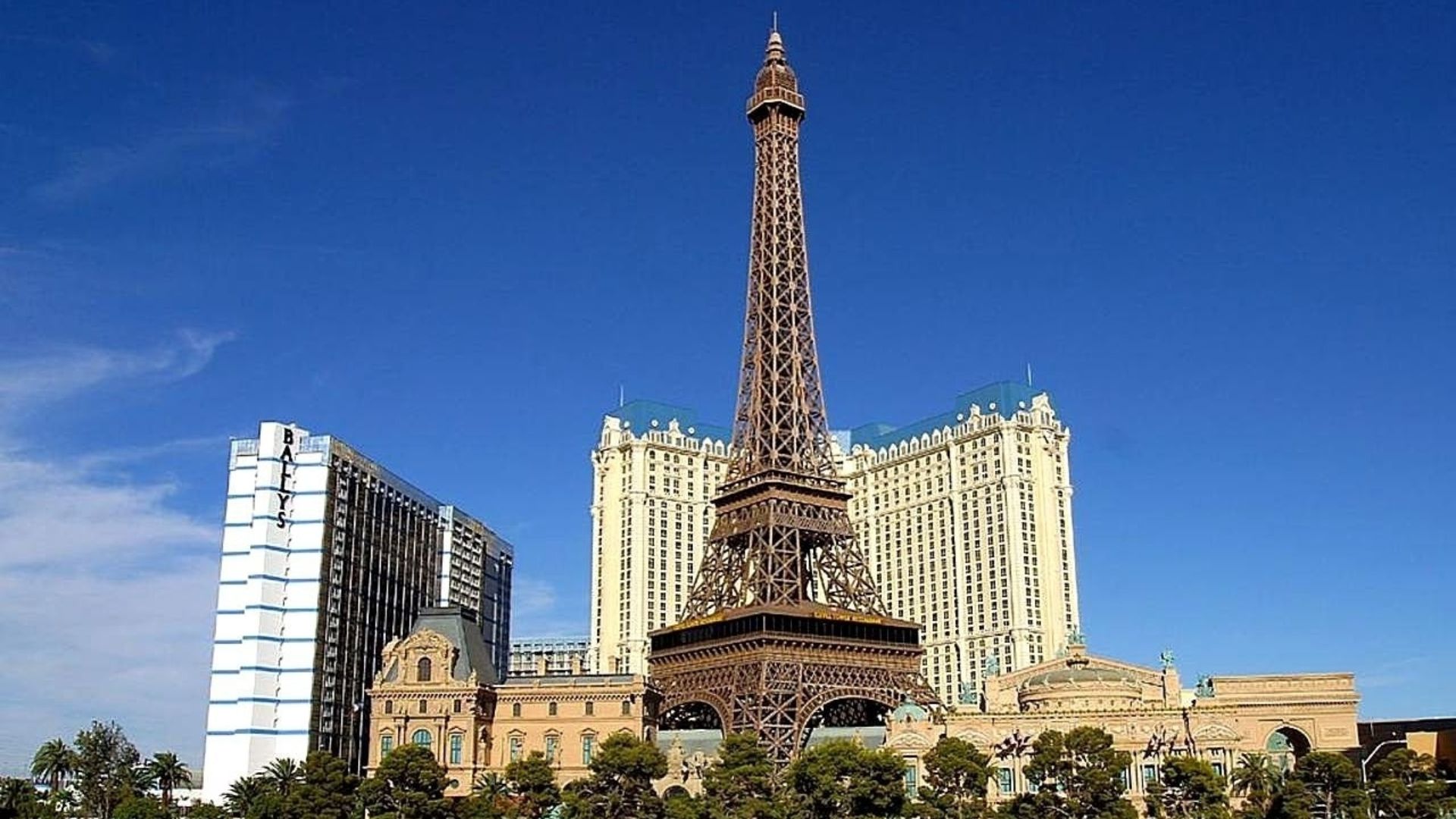 Jon Sullivan, Wikimedia Commons
Jon Sullivan, Wikimedia Commons
Spam Festivals
Austin, Minnesota, turns into a meat lover's paradise every summer during the annual Spam Jam Festival. Here, attendees gather to celebrate the iconic canned meat product. The reason behind this cultural sensation is Hormel Foods, which produces about 44,000 cans of Spam hourly.
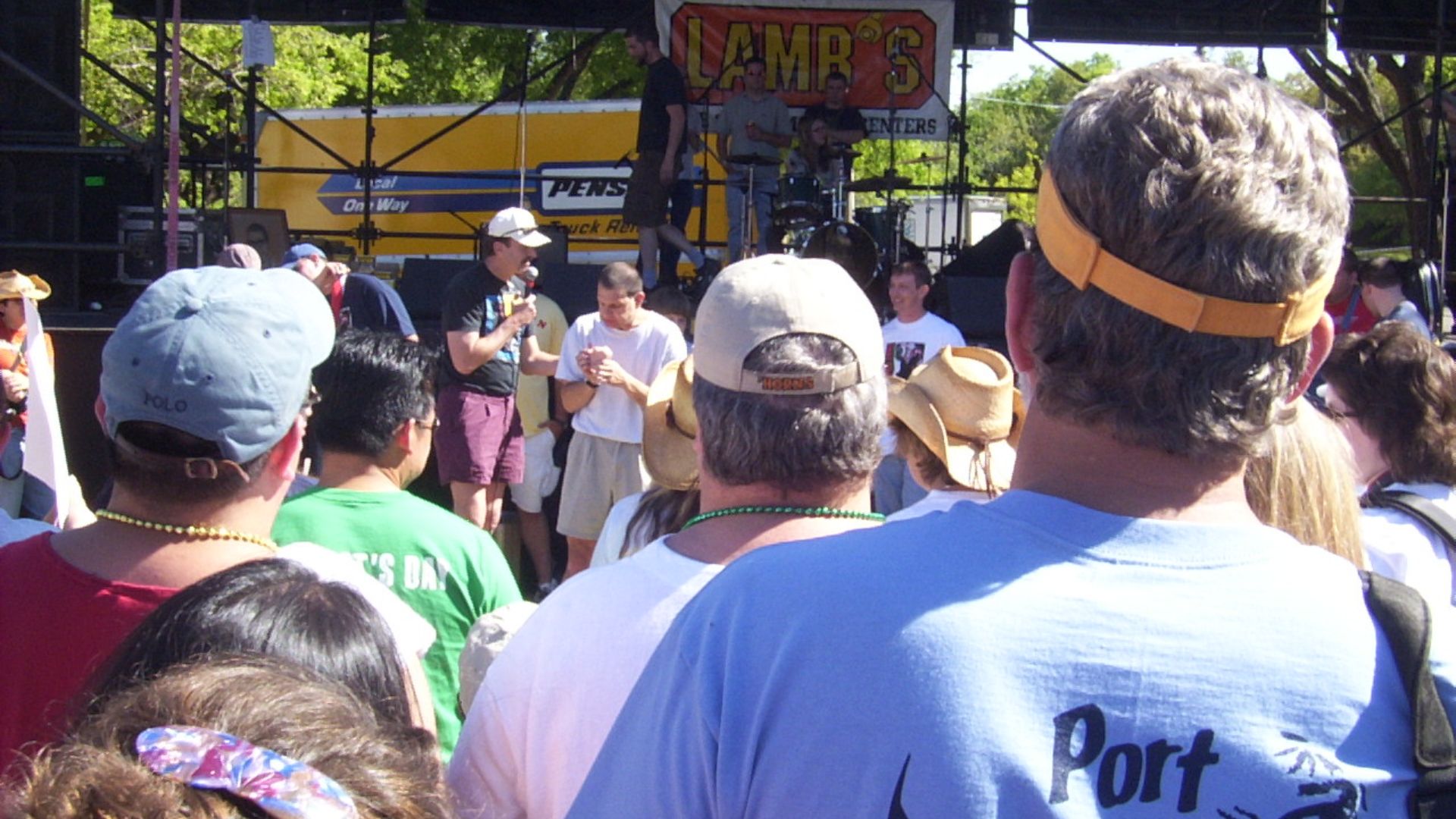 Matthew W. Jackson, Wikimedia Commons
Matthew W. Jackson, Wikimedia Commons
Spam Festivals (Cont.)
What other food could possibly warrant its own 16,500-square-foot museum? The Spam Museum, affectionately nicknamed "Spamworld," features interactive exhibits. This includes a WWII display highlighting the product's role in feeding troops, a production line simulation, and the always-popular Spam tasting counter.
Truth Or Consequences Town
What began as a radio show publicity stunt permanently changed a small New Mexico town's identity forever. In 1950, Ralph Edwards, host of the NBC quiz show Truth or Consequences, announced he would broadcast the program from any town willing to rename itself after the show.
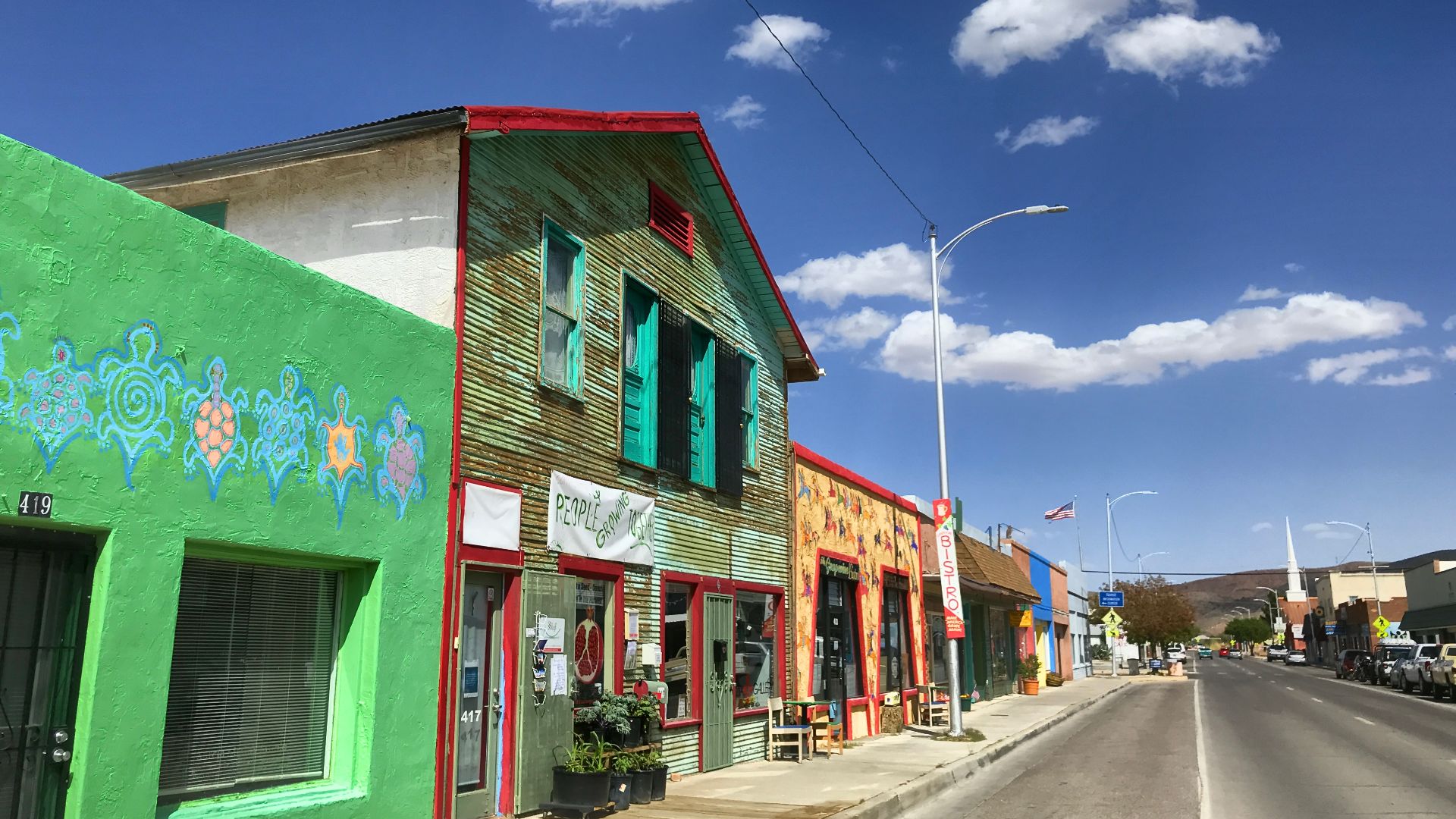 Jeff Vincent, Wikimedia Commons
Jeff Vincent, Wikimedia Commons
Truth Or Consequences Town (Cont.)
Guess what? Hot Springs, NM, stepped up to the challenge. The name change was supposed to be temporary, but people voted to keep it permanently. Today, over 70 years later, Truth or Consequences (locals call it "T or C") remains on maps, road signs, and official documents.
No Camel Hunting Laws
“It shall be unlawful to hunt or kill any camel within the borders of Arizona”. This peculiar law, still technically on the books, stems from a forgotten chapter of American history when the US Army imported camels in the 1850s as part of an experiment.
No Camel Hunting Laws (Cont.)
Secretary of War Jefferson Davis (later president of the Confederacy) spearheaded the initiative. He brought in 75 camels from North Africa and the Middle East to traverse the harsh southwestern deserts. When the Civil War began, the program was abandoned, and many camels were released into the wild.
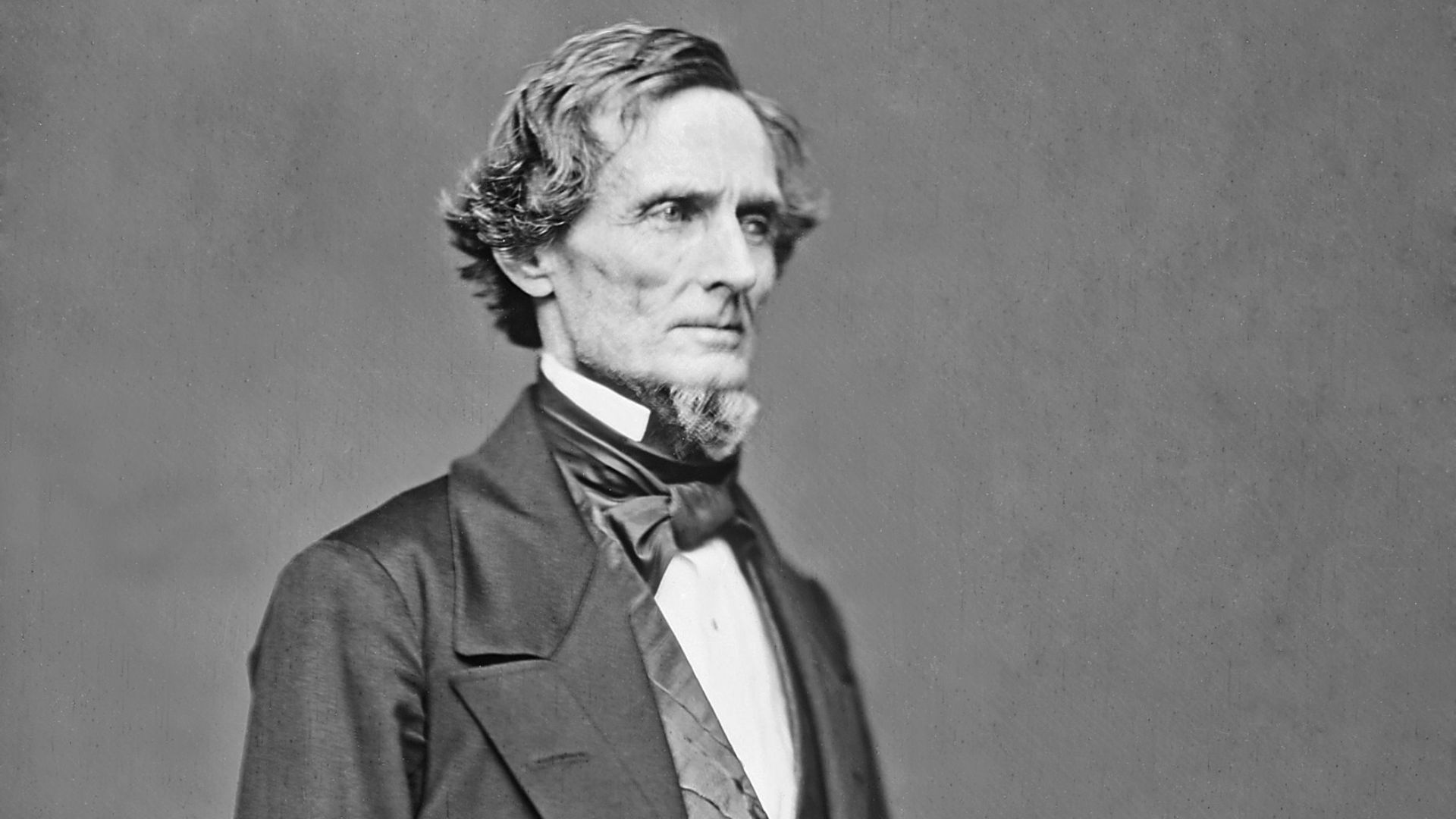 Mathew Benjamin Brady, Wikimedia Commons
Mathew Benjamin Brady, Wikimedia Commons
Billion-Dollar Tooth Fairy
Children across America place their fallen teeth under pillows, hoping the Tooth Fairy will exchange them for money while they sleep. This childhood ritual has grown into serious business. Parents collectively spend around $2 billion annually on these tiny dental transactions.
Billion-Dollar Tooth Fairy (Cont.)
In the 1970s, kids would have received a quarter per tooth, but today's average payout has skyrocketed to around $5 per tooth, according to Delta Dental's Original Tooth Fairy Poll. Regional differences exist, too, as Northeastern states report the highest average at $6.30 per tooth.
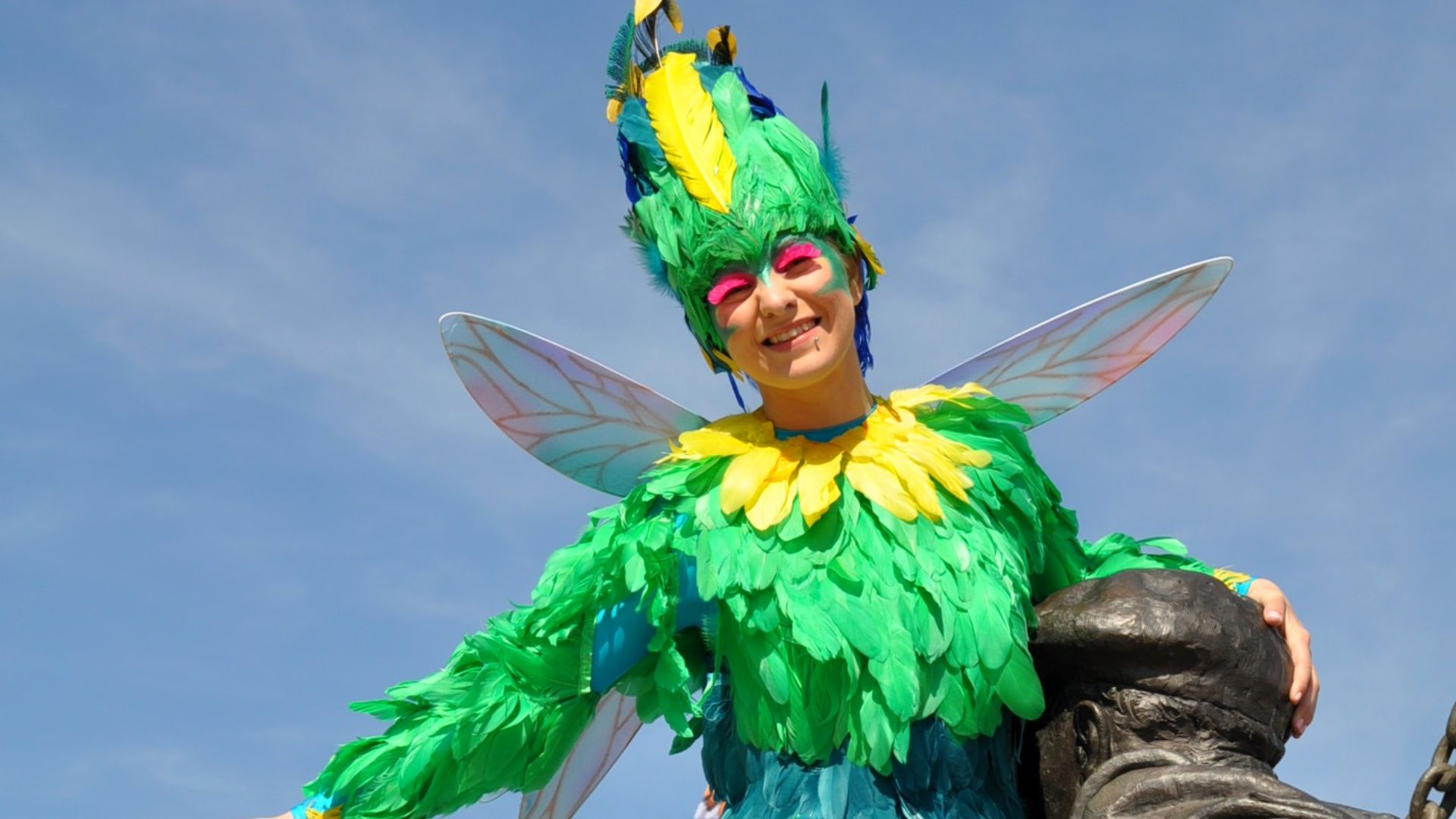 Roger Murmann from Eppertshausen, Deutschland, Wikimedia Commons
Roger Murmann from Eppertshausen, Deutschland, Wikimedia Commons
Millionaire College Coaches
The highest-paid public employee in 40 out of 50 states isn't the governor or attorney general. It's a college football or basketball coach. Alabama's Nick Saban earned over $13 million in a single season, while the state's governor made around $120,000.
 Carol M. Highsmith, Wikimedia Commons
Carol M. Highsmith, Wikimedia Commons
Town Named DISH
Financial incentives motivated the citizens of Clark, Texas, to make an unprecedented decision in 2005: legally renaming their entire town after a satellite television company. When DISH Network offered free lifetime basic service in exchange for the name change, the community voted to become “DISH, Texas”.
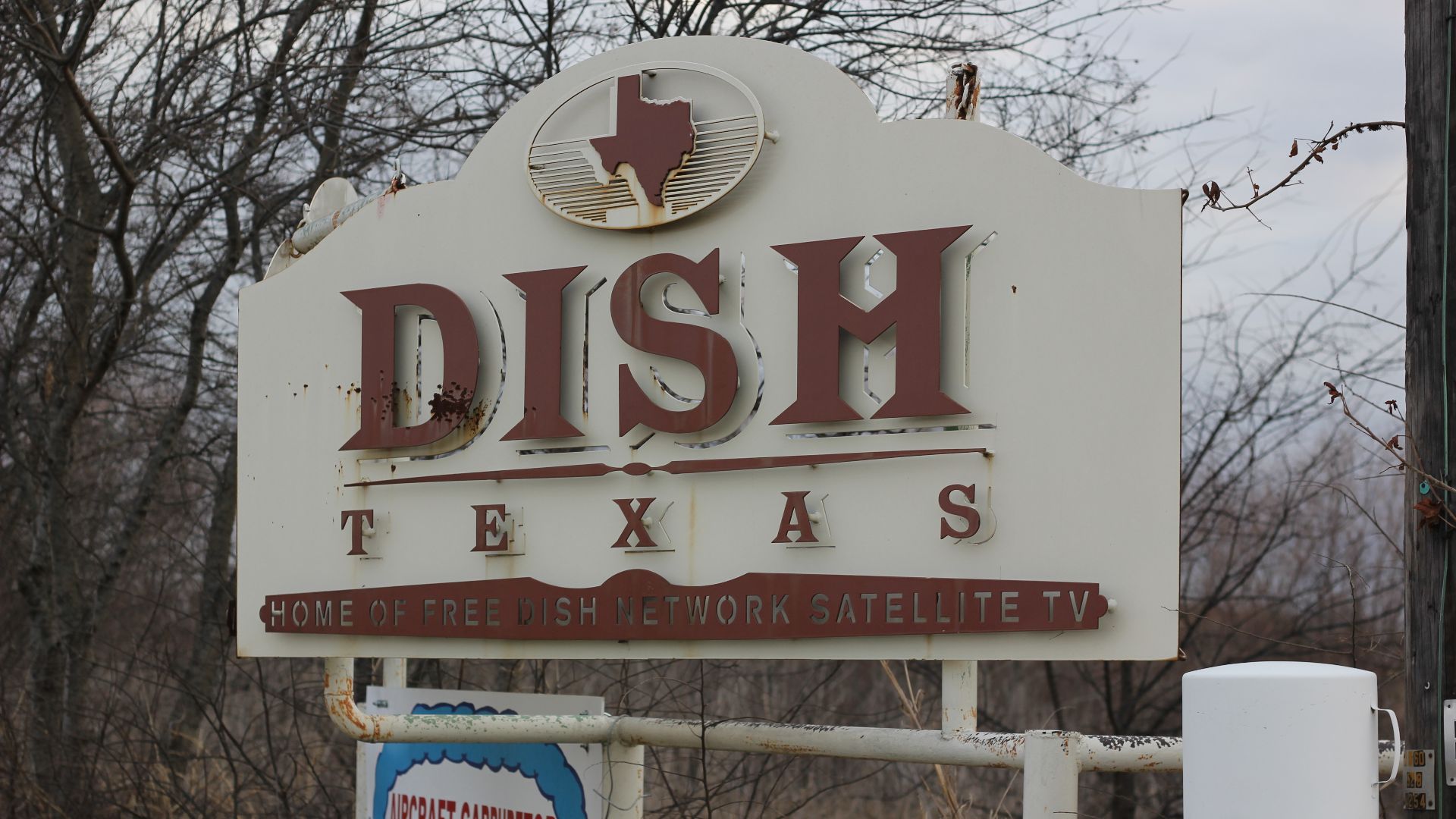 Nicolas Henderson, Wikimedia Commons
Nicolas Henderson, Wikimedia Commons
Town Named DISH (Cont.)
Residents received an estimated $4,500 worth of television service over a ten-year period. The unusual arrangement required residents to install satellite dishes on their homes and maintain accounts with the company. Though the free service expired in 2015, the town kept its corporate moniker.
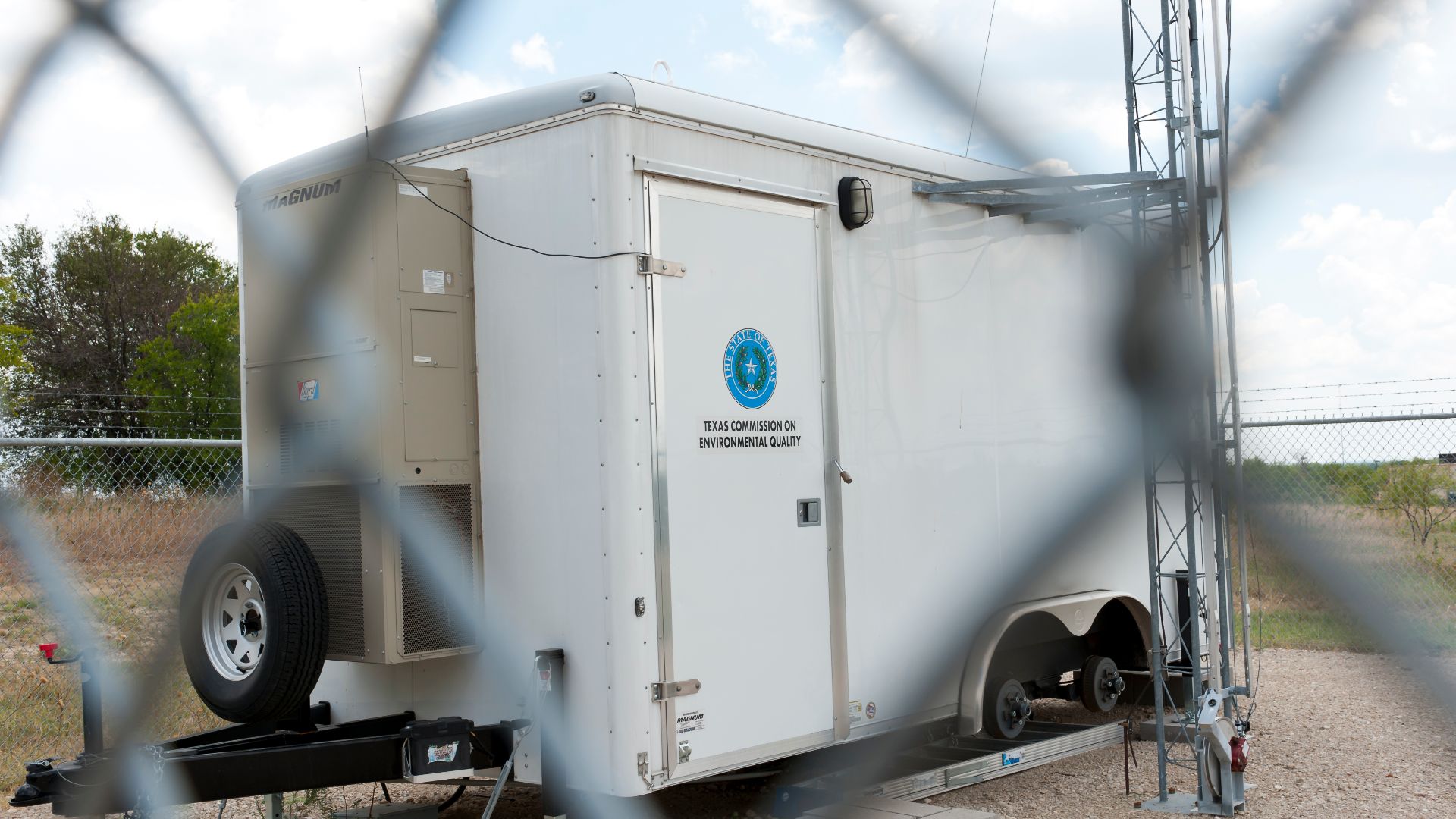 Jeremy Buckingham from Orange, Australia, Wikimedia Commons
Jeremy Buckingham from Orange, Australia, Wikimedia Commons
Cheese Curd Capital
Tourists driving through Wisconsin might be surprised by signs proclaiming Ellsworth as the “Cheese Curd Capital of the World”. The town of around 3,300 people takes this title seriously, producing over 160,000 pounds of fresh cheese curds daily at its local creamery.
Cheese Curd Capital (Cont.)
Every June, the city hosts a two-day Cheese Curd Festival that draws a lot of folks. Activities include curd-eating contests, curd-themed cooking competitions, and even the crowning of a Cheese Curd Queen. You’ll also get to taste cheese curd ice cream.
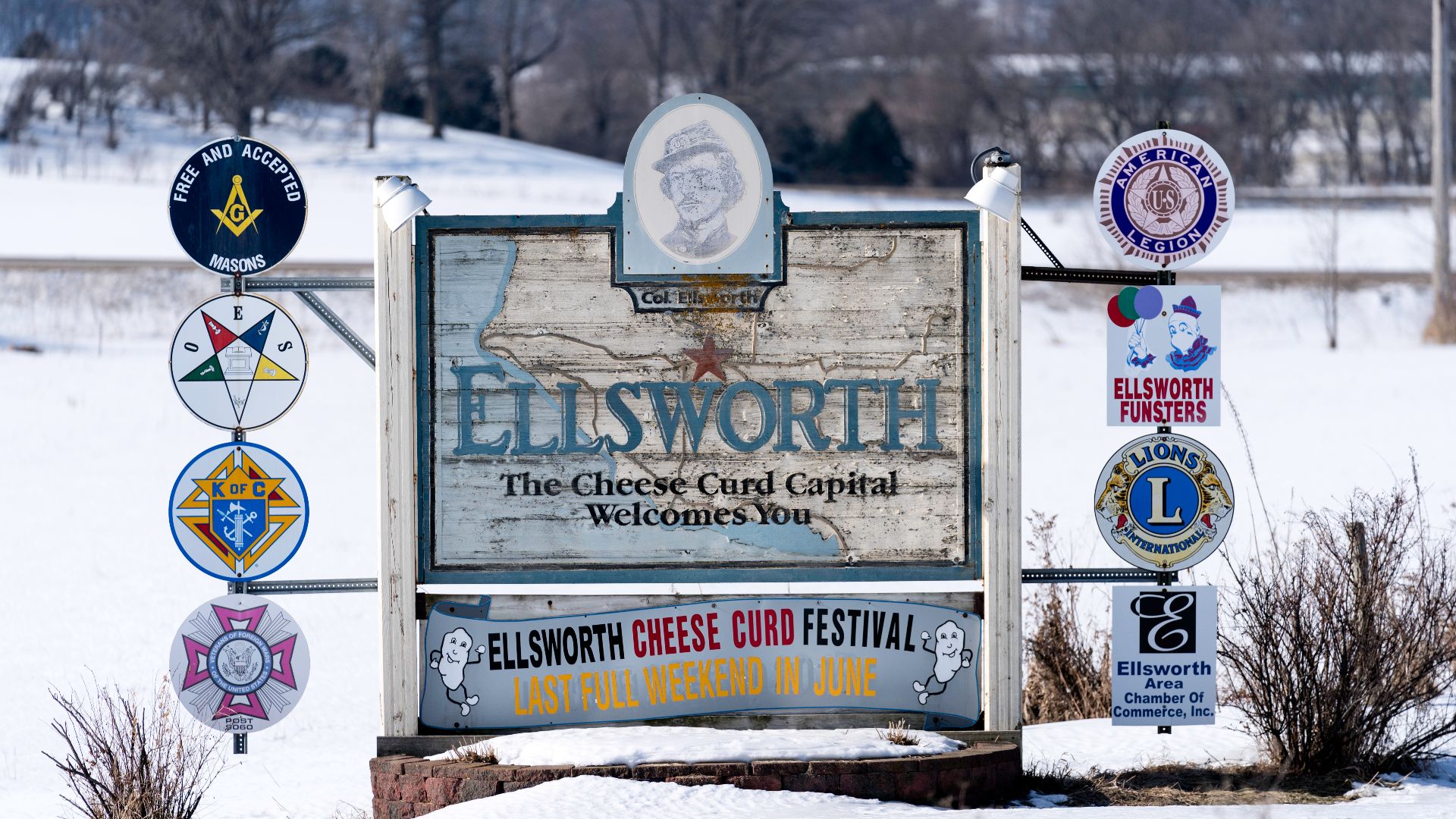 Lorie Shaull, Wikimedia Commons
Lorie Shaull, Wikimedia Commons
1,000-Calorie Burgers
At Hardee's and Carl's Jr restaurants, you can order the “Monster Thickburger”. This is a 1300-calorie behemoth featuring two 1/3-pound beef patties, four strips of bacon, three slabs of cheese, and mayonnaise on a buttered bun. It happily exceeds the daily caloric needs of many children.
Lawnmower Racing
Taking perfectly good riding lawnmowers and modifying them to reach speeds of 60+ mph might seem absurd, but it's a legitimate sport with a national governing body. The US Lawn Mower Racing Association, founded in 1992, now oversees races across 36 states with over 700 registered competitors.
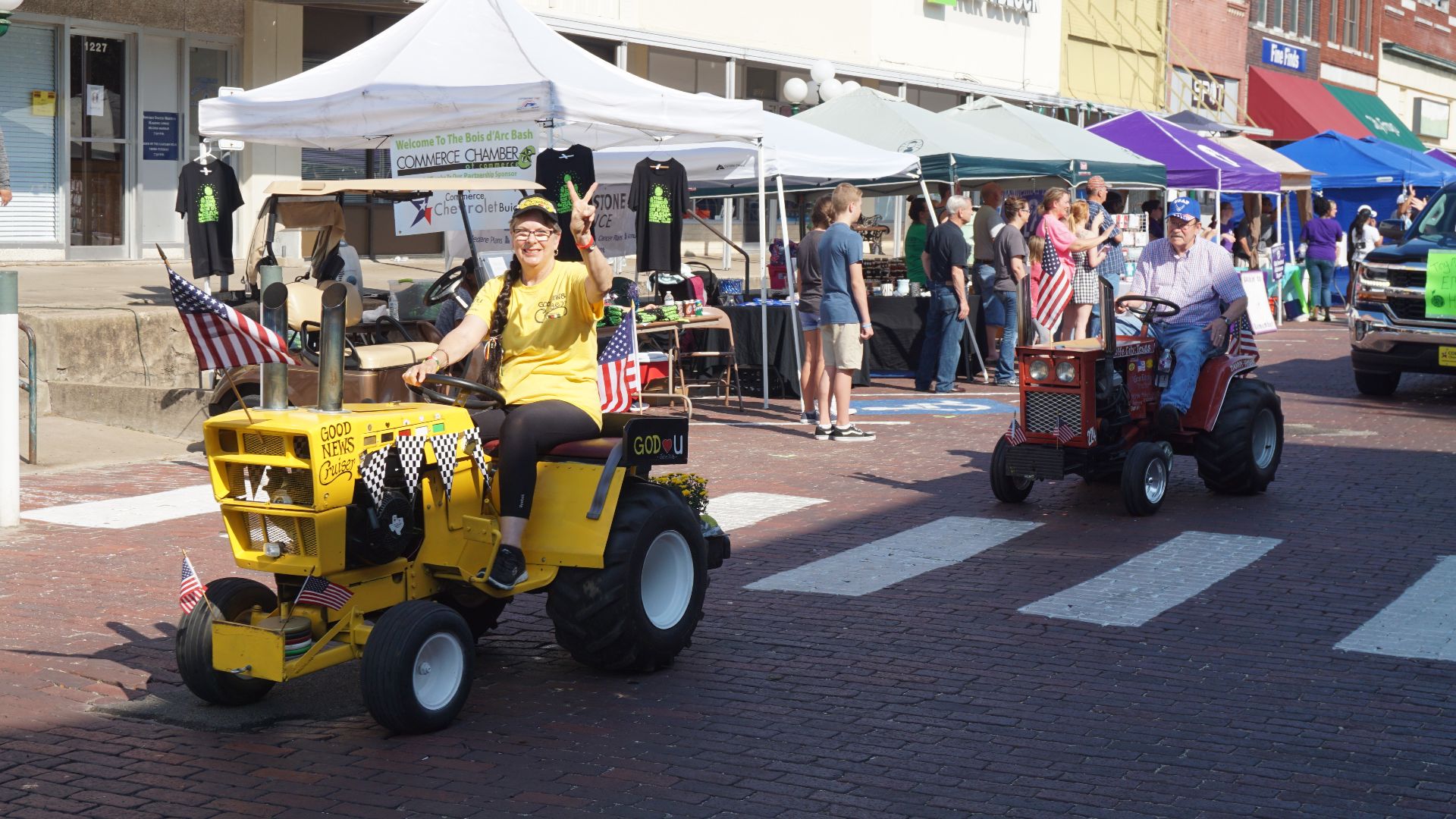 Michael Barera, Wikimedia Commons
Michael Barera, Wikimedia Commons
Lawnmower Racing (Cont.)
These individuals remove blades and soup up engines for safety and speed. Racing classes range from stock mowers that look straight from your garage to custom-built machines resembling go-karts. Competitors live by the sport's official motto: "We turn a weekend chore into a competitive roar!"
Presidential Libraries
Before 1939, presidential papers were considered personal property. Some were sold, lost, or even deliberately destroyed after a president left office. That changed when Franklin Roosevelt donated his papers to the federal government and privately raised funds to build the first presidential library.
Presidential Libraries (Cont.)
Today, the National Archives has 14 presidential libraries beginning from Herbert Hoover, which function as part museum, part archive, and part shrine. These massive complexes cost taxpayers roughly $100 million annually to maintain, with George W Bush's library in Dallas being the most expensive.
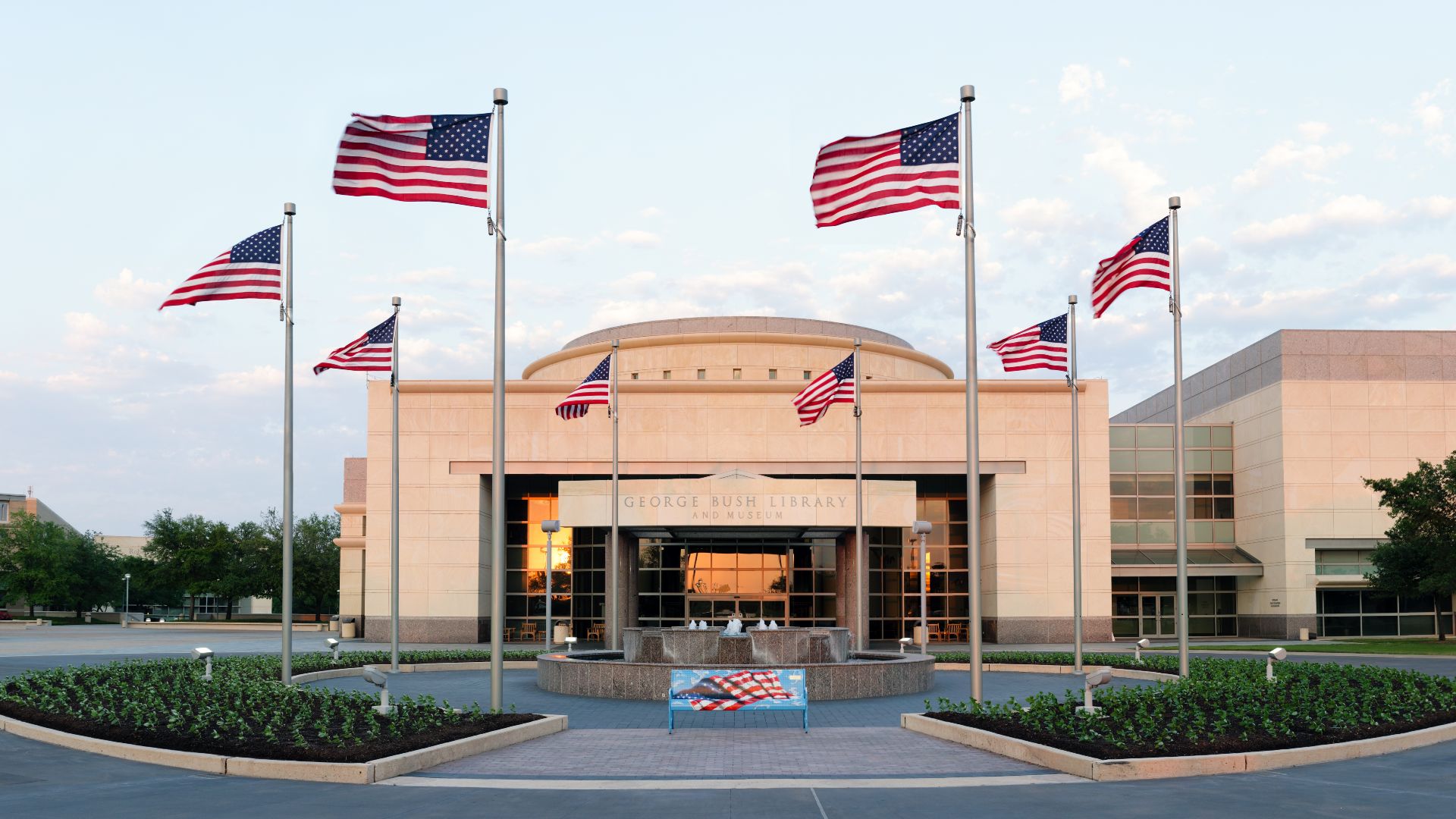 Jujutacular, Wikimedia Commons
Jujutacular, Wikimedia Commons
Eagle Fan Clubs
When photographer David Hancock captured images of a bald eagle nest in British Columbia, he never expected to launch an American phenomenon. His livestream of the nest went viral in 2010, attracting several viewers who formed online communities dedicated to discussing America's national bird.
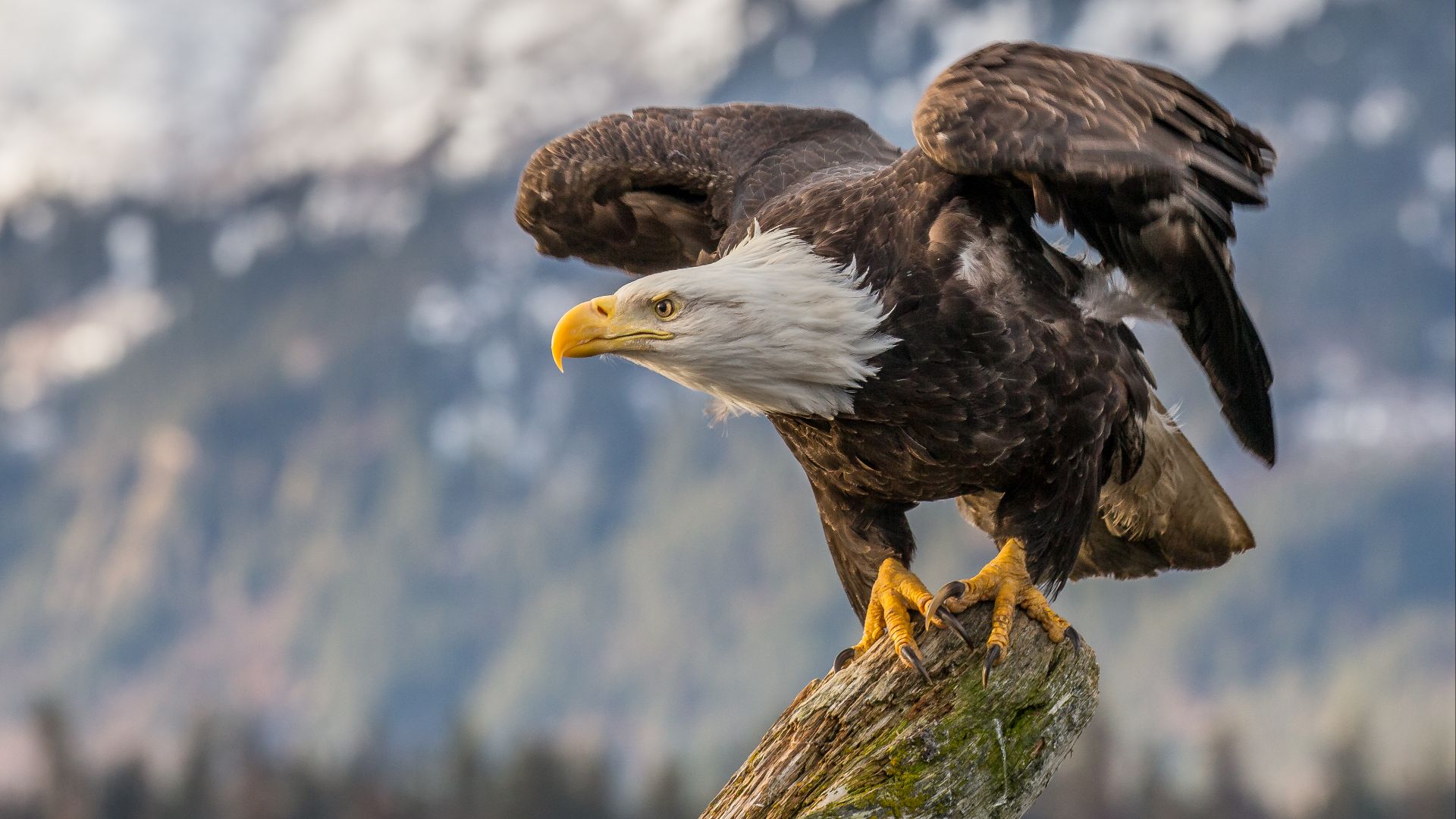 Andy Morffew from Itchen Abbas, Hampshire, UK, Wikimedia Commons
Andy Morffew from Itchen Abbas, Hampshire, UK, Wikimedia Commons
Eagle Fan Clubs (Cont.)
The American Eagle Foundation counts over 75,000 members who contribute to conservation efforts, adopt eagles, and even vacation together at prime eagle-watching locations. Note that the birds enjoy unprecedented legal protection under the 1940 Bald and Golden Eagle Protection Act.
Deep-Fried Butter
This concept began as a joke at the 2007 Texas State Fair, but deep-fried butter quickly became an iconic American fair food. Creator Abel Gonzales Jr won the "Most Creative" award for his concoction: frozen butter balls dipped in cinnamon sugar, coated in dough, and immersed in hot oil.
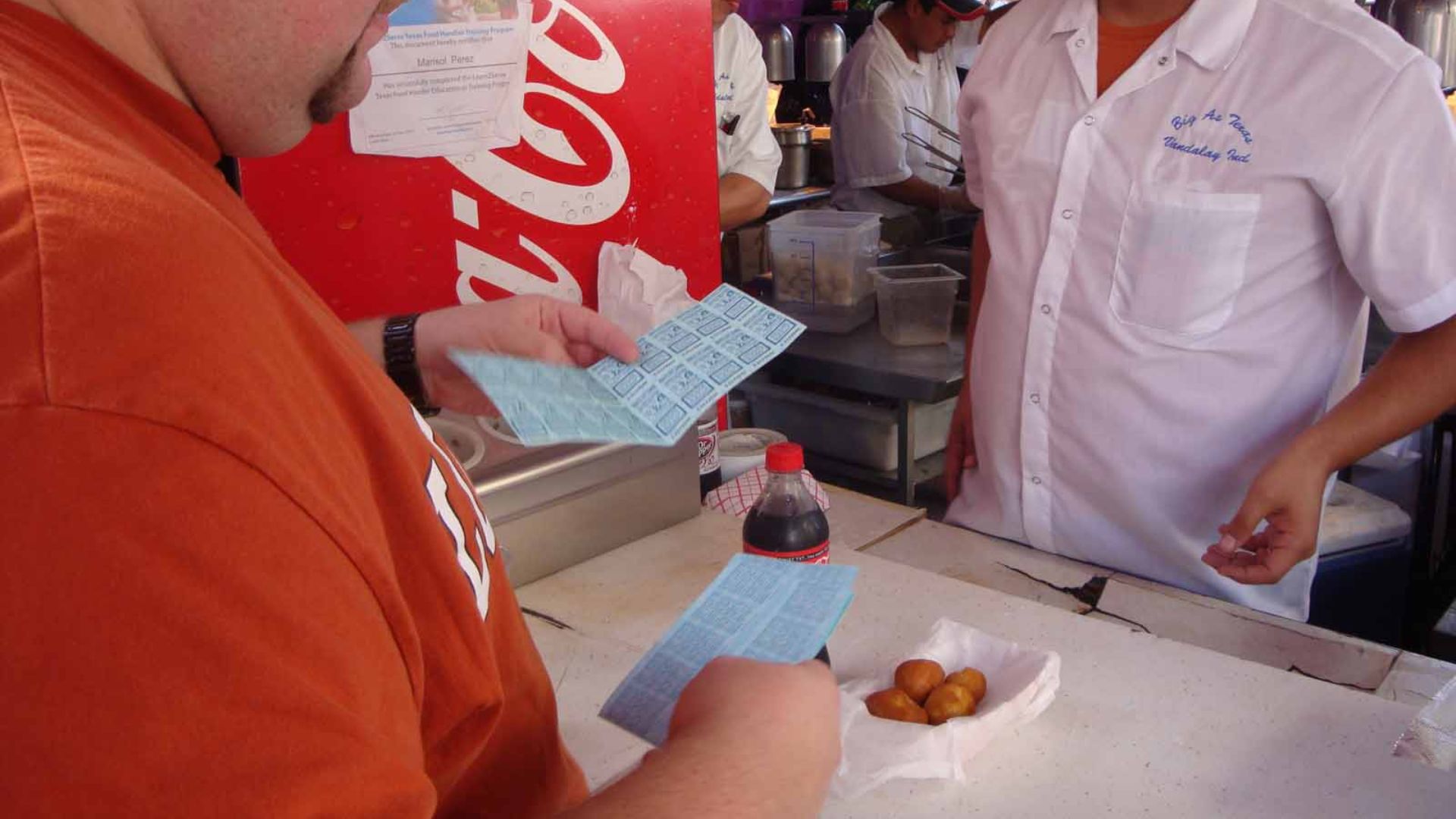 Collin Harvey from Grand Prairie, Texas, USA, Wikimedia Commons
Collin Harvey from Grand Prairie, Texas, USA, Wikimedia Commons
Deep-Fried Butter (Cont.)
When bitten, the melted butter center oozes out to mix with the sweet exterior. The Indiana State Fair, the nation's sixth-largest, recorded sales of more than 10,000 deep-fried butter balls during its 17-day run in 2019. Nutritionists calculate that each serving contains approximately 400 calories.
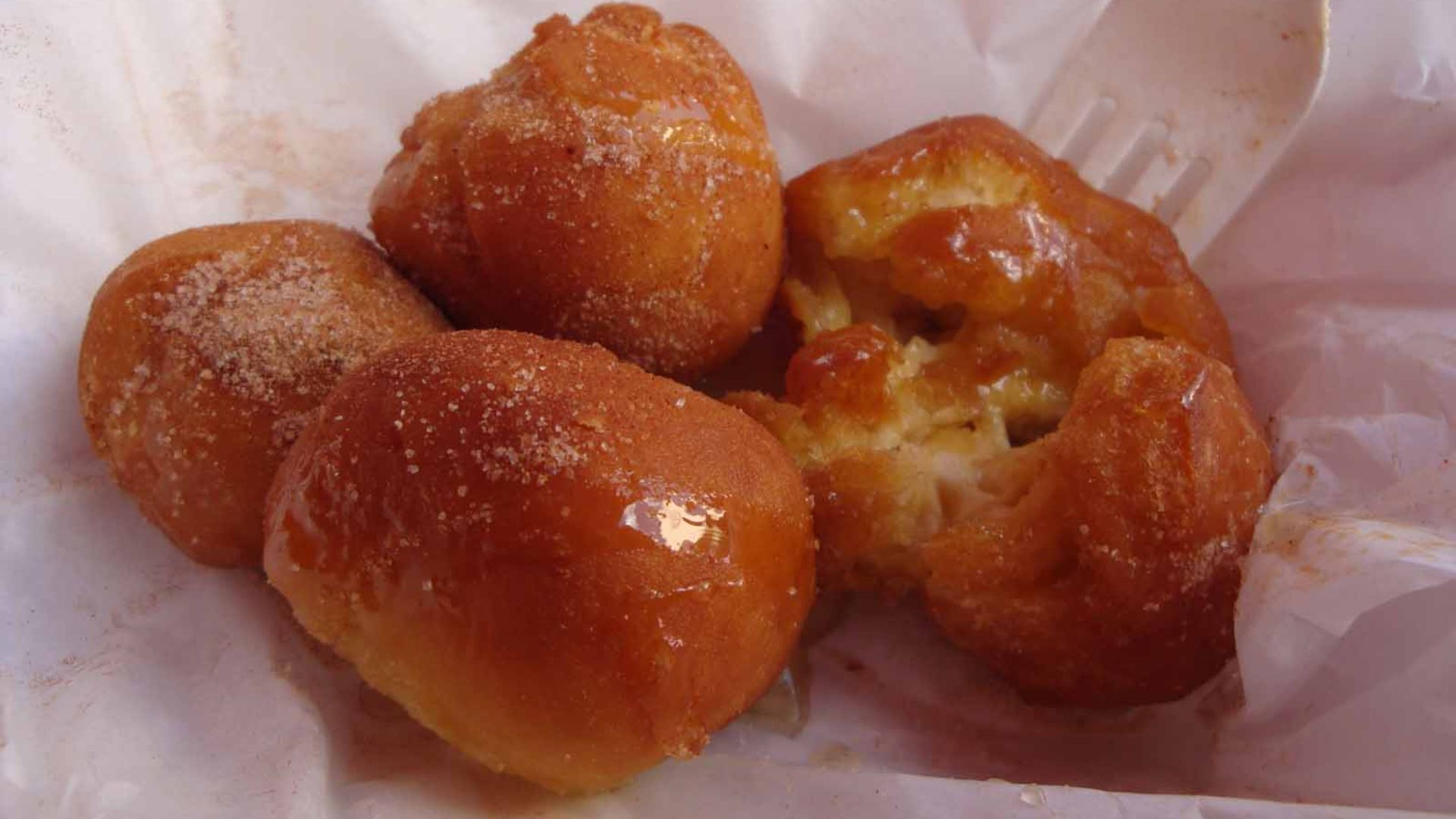 Collin Harvey from Grand Prairie, Texas, USA, Wikimedia Commons
Collin Harvey from Grand Prairie, Texas, USA, Wikimedia Commons
9,000+ Radio Stations
Flipping through America's radio dial reveals an astonishing media scenario unmatched anywhere else on Earth. The Federal Communications Commission currently licenses around 15,400 radio stations nationwide, including 4,500 AM stations, 6,700 commercial FM stations, and 4,013 educational FM stations.
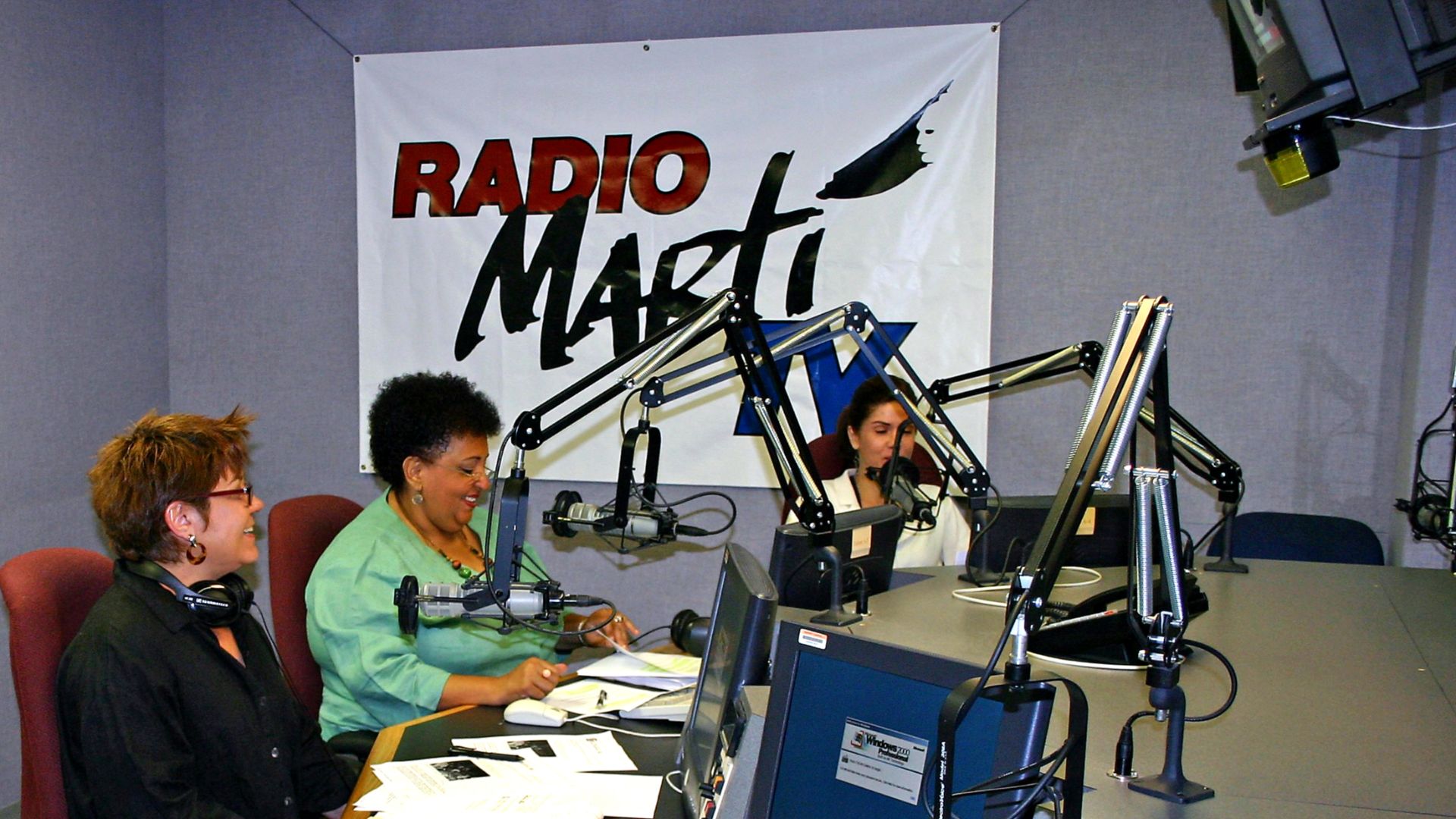 Broadcasting Board of Governors, Wikimedia Commons
Broadcasting Board of Governors, Wikimedia Commons
9,000+ Radio Stations (Cont.)
Some stations serve incredibly niche audiences, like WFMU in New Jersey, America's longest-running freeform radio station, where DJs maintain complete control over their playlists with no management oversight. Meanwhile, K-LOVE operates 558 stations across all 50 states, broadcasting exclusively Christian content.
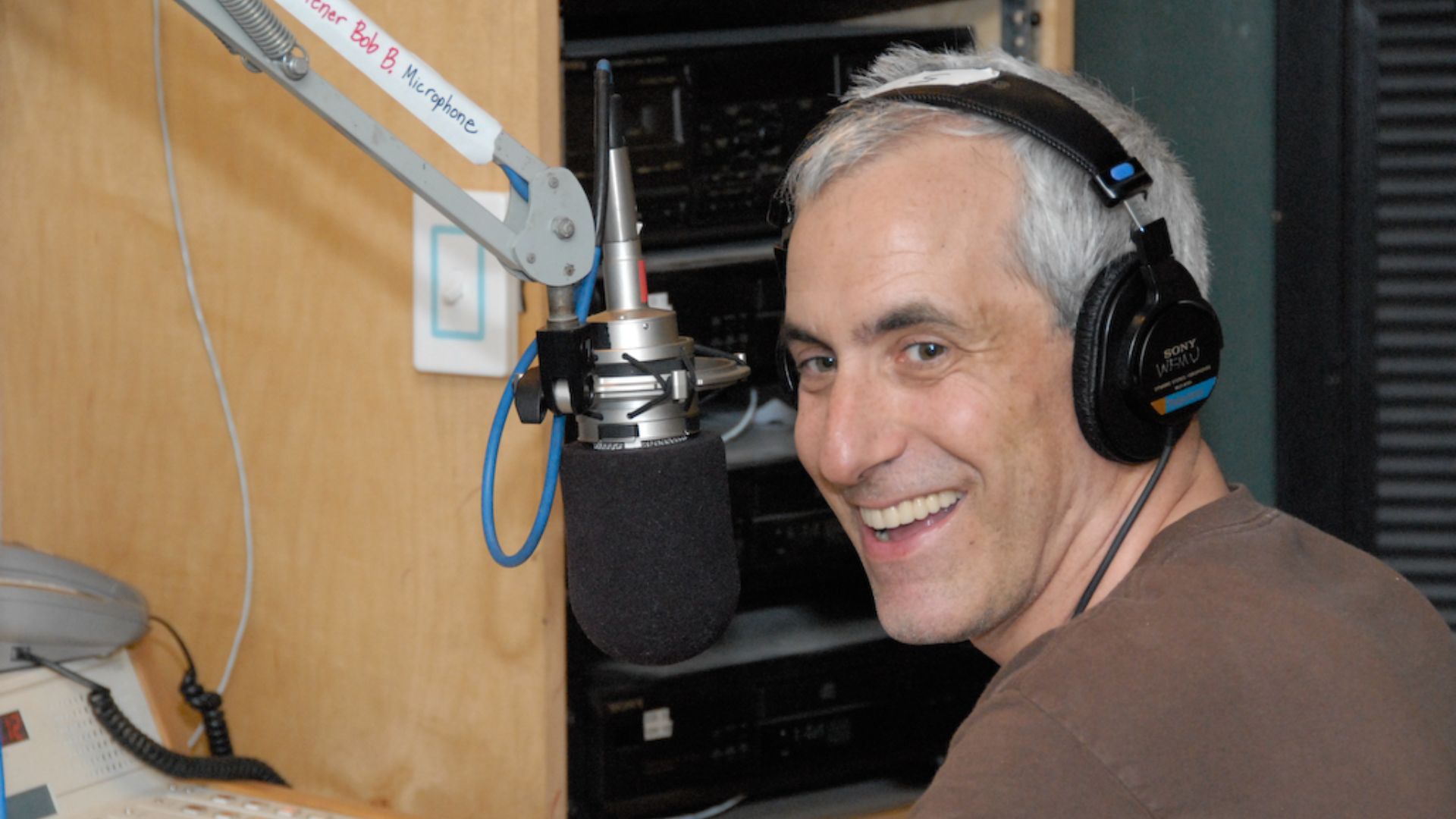 John Dalton from Hoboken, NJ, USA, Wikimedia Commons
John Dalton from Hoboken, NJ, USA, Wikimedia Commons
Chick-Fil-A Campouts
When a new Chick-fil-A location prepares to open its doors, something extraordinary happens: hundreds of chicken sandwich enthusiasts pitch tents in the parking lot and camp out for up to 24 hours. The company awards the first 100 customers a digital card loaded with 52 free chicken sandwich meals.
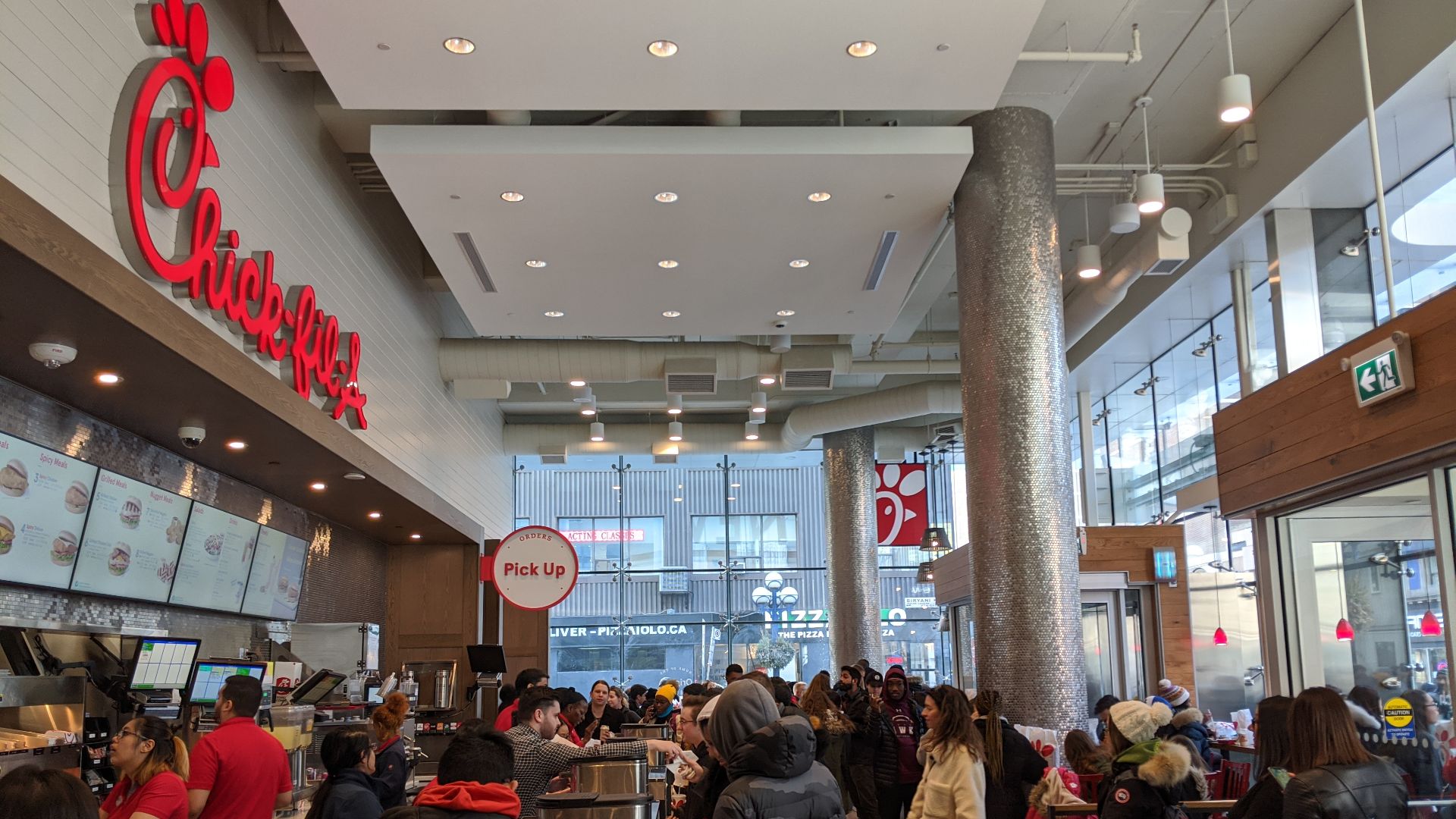 Sikander Iqbal, Wikimedia Commons
Sikander Iqbal, Wikimedia Commons
Chick-Fil-A Campouts (Cont.)
All of this started in 2003 at an Arizona location and has evolved into elaborate, organized events with portable toilets, security staff, and entertainment. Dedicated fans travel across state lines to attend multiple openings. Chick-fil-A also maintains the highest revenue per restaurant in the fast-food industry.
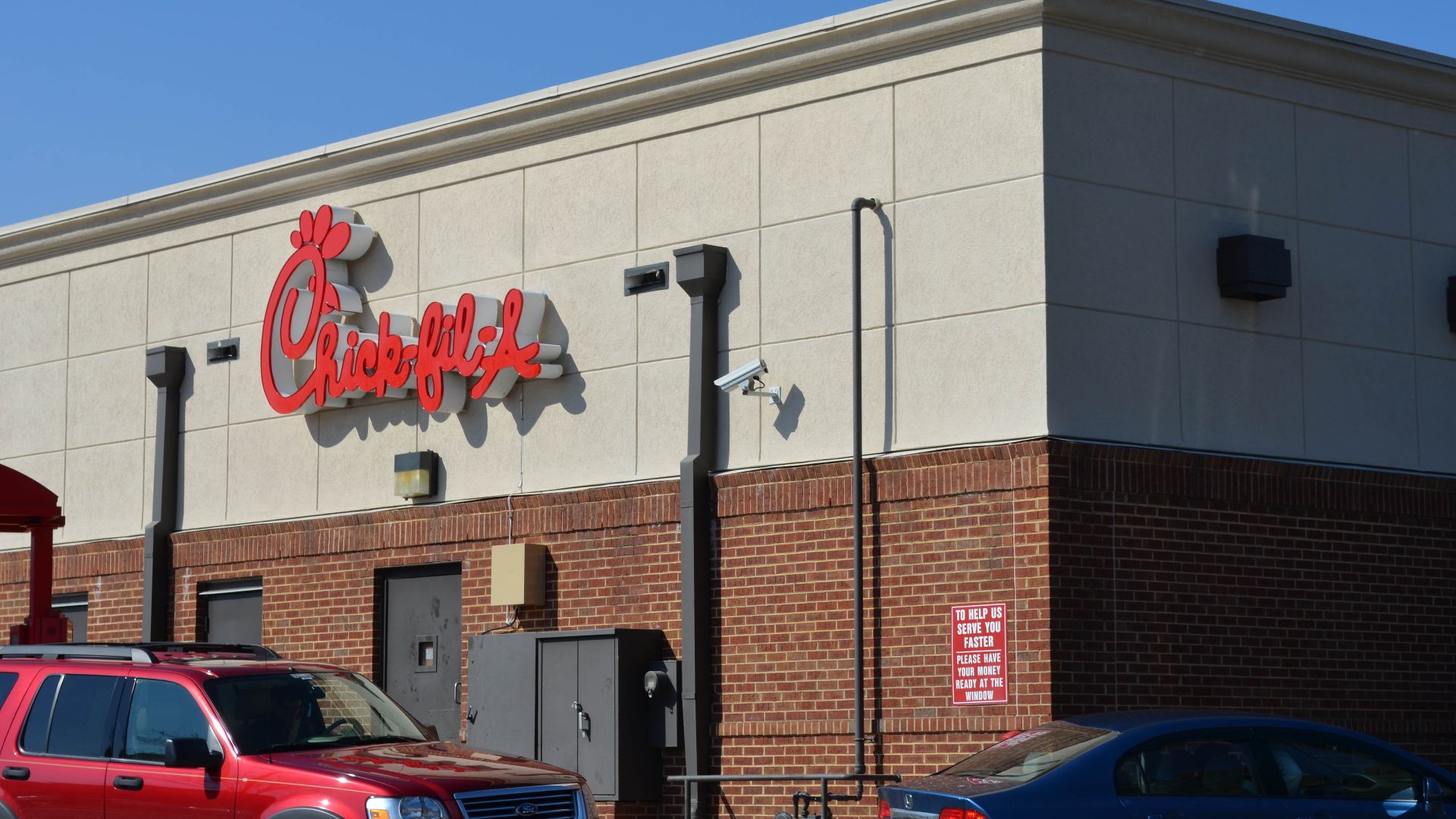 m01229 from USA, Wikimedia Commons
m01229 from USA, Wikimedia Commons
Corn Palace Basketball
How many basketball arenas are decorated entirely with corn? Just one—Mitchell, South Dakota's world-famous Corn Palace. This 43,000-square-foot building possesses huge murals made from 325,000 ears of corn, grains, and grasses that are completely redesigned annually around different themes.
Corn Palace Basketball (Cont.)
Constructed in 1921 (replacing earlier versions dating back to 1892), the Corn Palace serves as the home court for local high school and Dakota Wesleyan University basketball teams. The structure represents a $130,000 yearly investment in corn art alone.
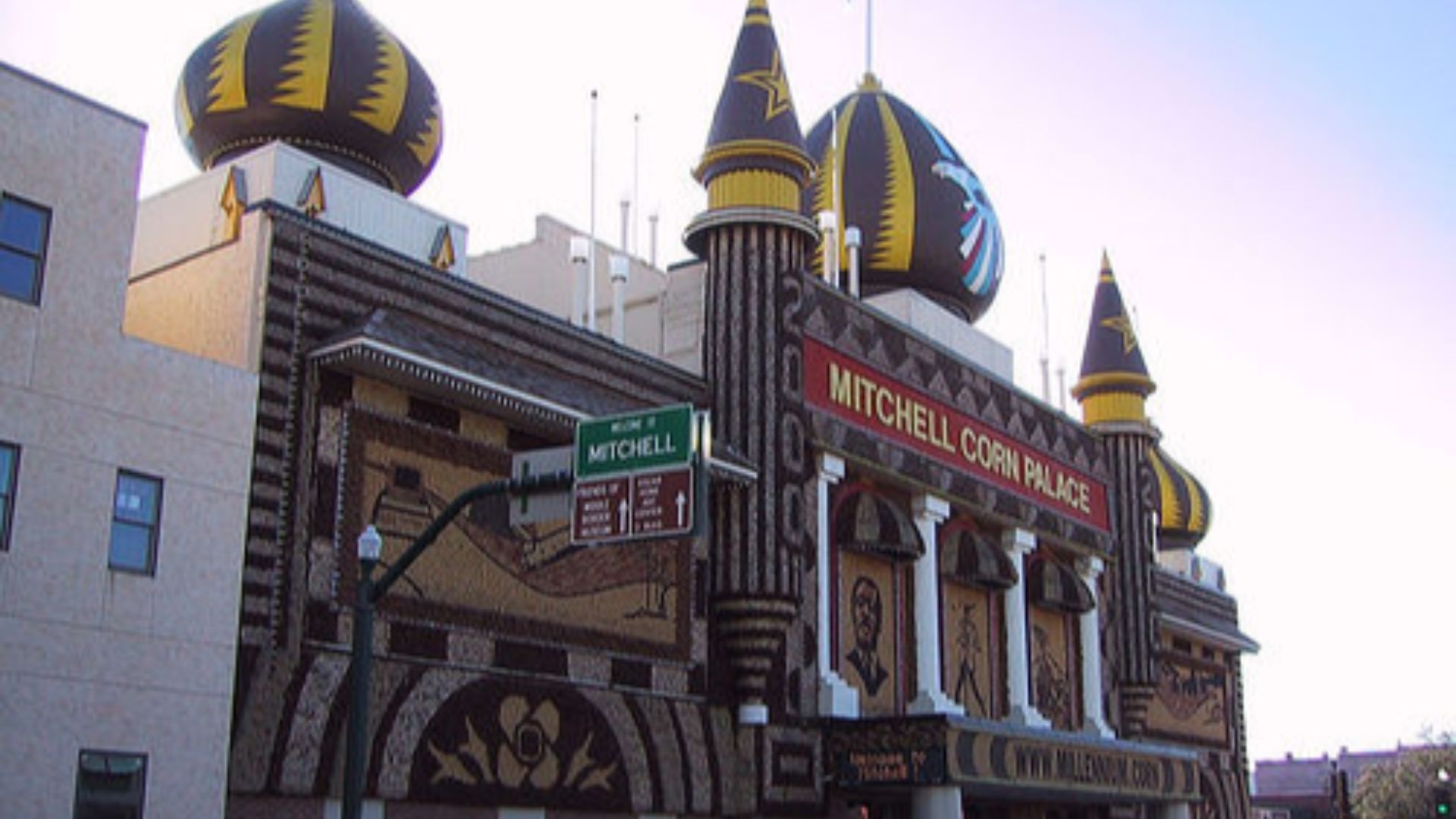 Patrick Bolduan, Wikimedia Commons
Patrick Bolduan, Wikimedia Commons
UFO Festival Towns
The sleepy town of Roswell, New Mexico, witnesses more than 15,000 extraterrestrial enthusiasts descend for its annual UFO Festival. The four-day event commemorates an alleged 1947 flying saucer crash through alien costume contests, abduction-themed food vendors, and a parade filled with green-faced participants.
 Visitors come from all over to take part in Roswell's UFO Festival by KRQE
Visitors come from all over to take part in Roswell's UFO Festival by KRQE
UFO Festival Towns (Cont.)
Roswell isn't alone in holding on to the UFO tourism. Rachel, Nevada, thrives on its proximity to Area 51, with the Little A'Le'Inn serving "Alien Burgers" to conspiracy theorists. Meanwhile, McMinnville, Oregon, holds its annual UFO Festival celebrating a famous 1950 flying saucer photograph.
Turkey Pardoning
Starting as a photo op, the unusual spectacle of America's most powerful leader officially excluding a turkey from Thanksgiving dinner became a White House ceremony televised nationally. George HW Bush kicked off the official "pardoning" custom in 1989.
Turkey Pardoning (Cont.)
Today, the annual event involves months of preparation, with approximately 80 turkeys raised specifically for consideration. Presidential turkeys undergo a rigorous selection process based on appearance and temperament, as they must remain calm during the ceremony. The chosen birds receive names through public voting.
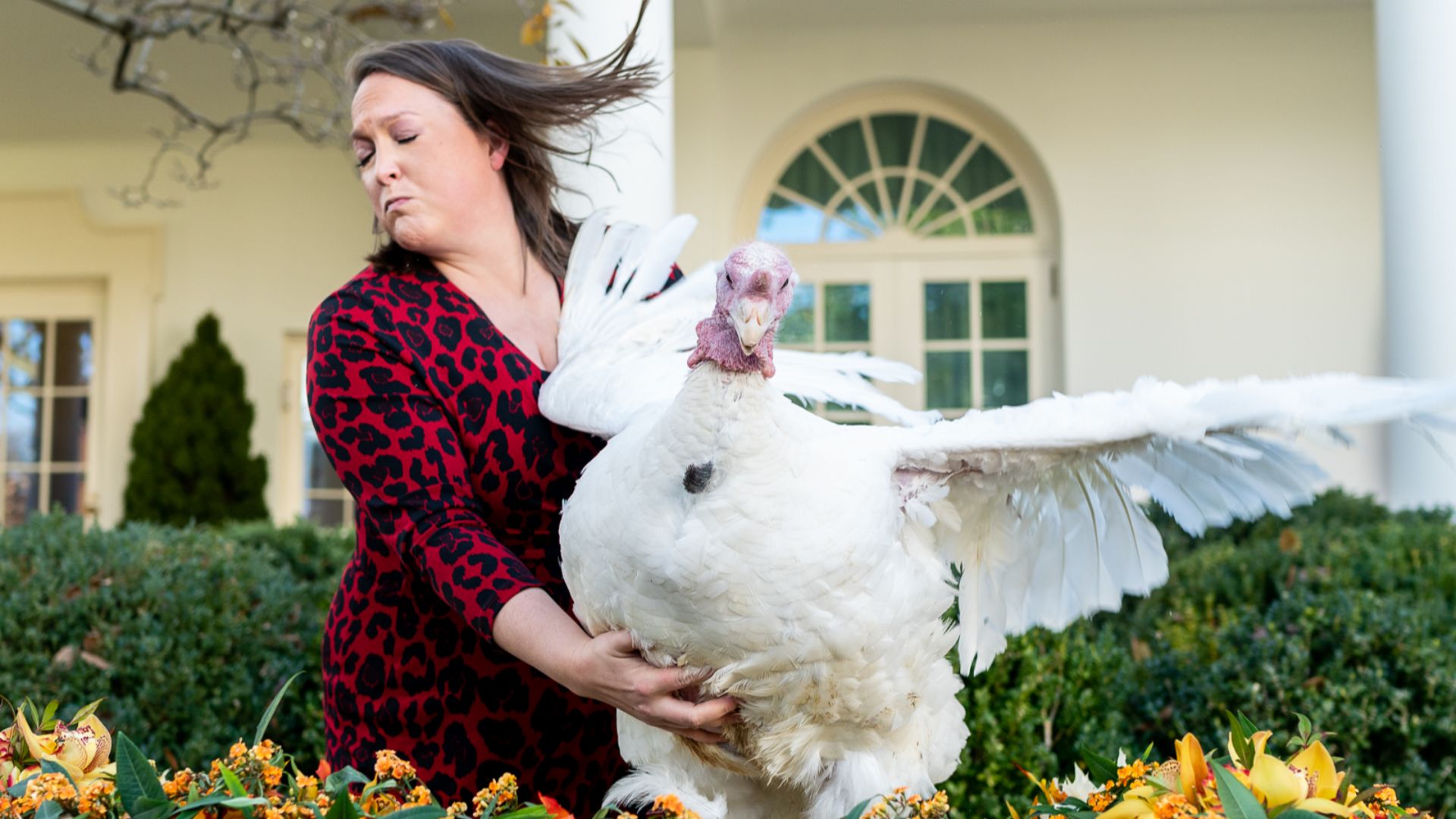 The White House from Washington, DC, Wikimedia Commons
The White House from Washington, DC, Wikimedia Commons
Cow Plop Bingo
Before smartphones and streaming services, rural Americans created their own entertainment. This comprised gambling games based on bovine digestive systems. Cow Chip Bingo and Meadow Muffin Drop (depending on your region) convert agricultural waste into cash prizes at fundraisers nationwide.
 The News Project - Cow Plop Bingo by GNAT TV
The News Project - Cow Plop Bingo by GNAT TV
Cow Plop Bingo (Cont.)
A field is divided into numbered squares. Participants buy squares for $5 to $25, and an adequately fed cow roams the grid until it needs to go to the bathroom. The mechanics are surprisingly well-organized. The winner is the owner of the square that receives the deposit.
 Cow Flop Bingo by The Mountain Report
Cow Flop Bingo by The Mountain Report
Giant Twine Ball Rivalries
Fierce competition exists among four American towns that claim to hold the world's largest ball of twine. Darwin, Minnesota, showcases Francis Johnson's creation, which was wrapped daily for 29 years and eventually grew to 11 feet in diameter. Additionally, Cawker City, Kansas, is the largest community-built ball.
Giant Twine Ball Rivalries (Cont.)
Here, visitors still add twine. Lake Nebagamon, Wisconsin, and Branson, Missouri, maintain rival spheres, with each utilizing competing measurement methodologies. Darwin's twine ball sits protected in a dedicated gazebo, while Cawker City built a covered pavilion for its growing attraction.
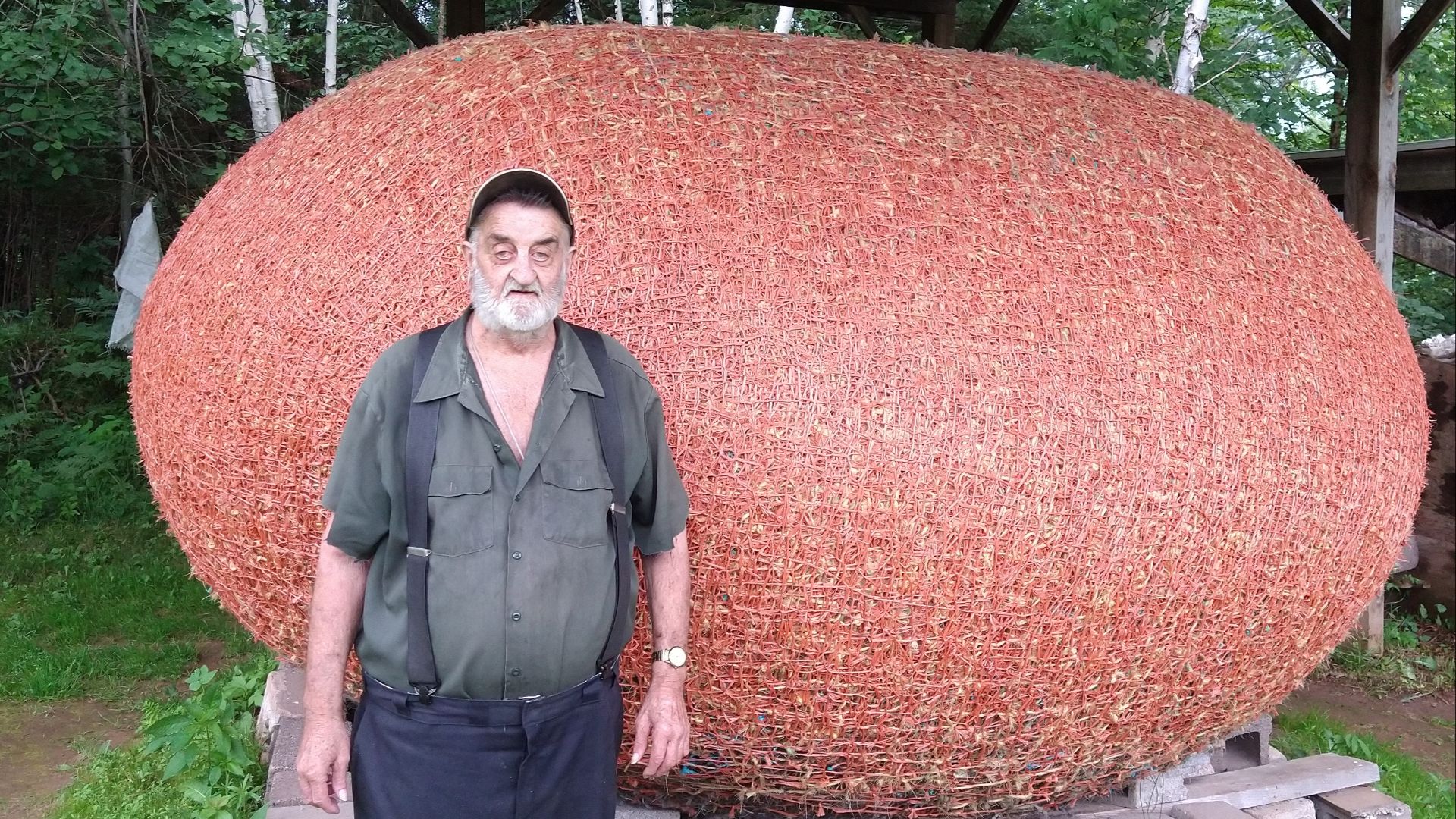 Andrew Bogott, Wikimedia Commons
Andrew Bogott, Wikimedia Commons
Toilet Paper Orientation Debates
Did you know that a seemingly trivial question divides American households? It raises the question of whether toilet paper should hang "over" or "under" the roll. A 2016 survey revealed 70% prefer "over," while passionate "under" advocates defend their position with surprising intensity.
 S.J. de Waard, Wikimedia Commons
S.J. de Waard, Wikimedia Commons
Toilet Paper Orientation Debates (Cont.)
Surprisingly, this distinctly first-world debate has ended relationships. Toilet paper manufacturer Cottonelle attempted to settle the argument by revealing patents from 1891 showing the paper hanging "over" as the inventor's intention. Despite this historical evidence, regional differences persist.
Museum For Mustard
Middleton is home to the National Mustard Museum, an amusing spot that's all about mustard. It was started in 1992 by Barry Levenson, a former lawyer who ditched his job at the Wisconsin Department of Justice to follow his passion for this yellow condiment.
Museum For Mustard (Cont.)
Apparently, the museum now stores over 7,000 types of mustard from all 50 states and more than 80 countries. Visitors can see exhibits on mustard history, view antique mustard pots, and sample exotic varieties at the tasting bar.
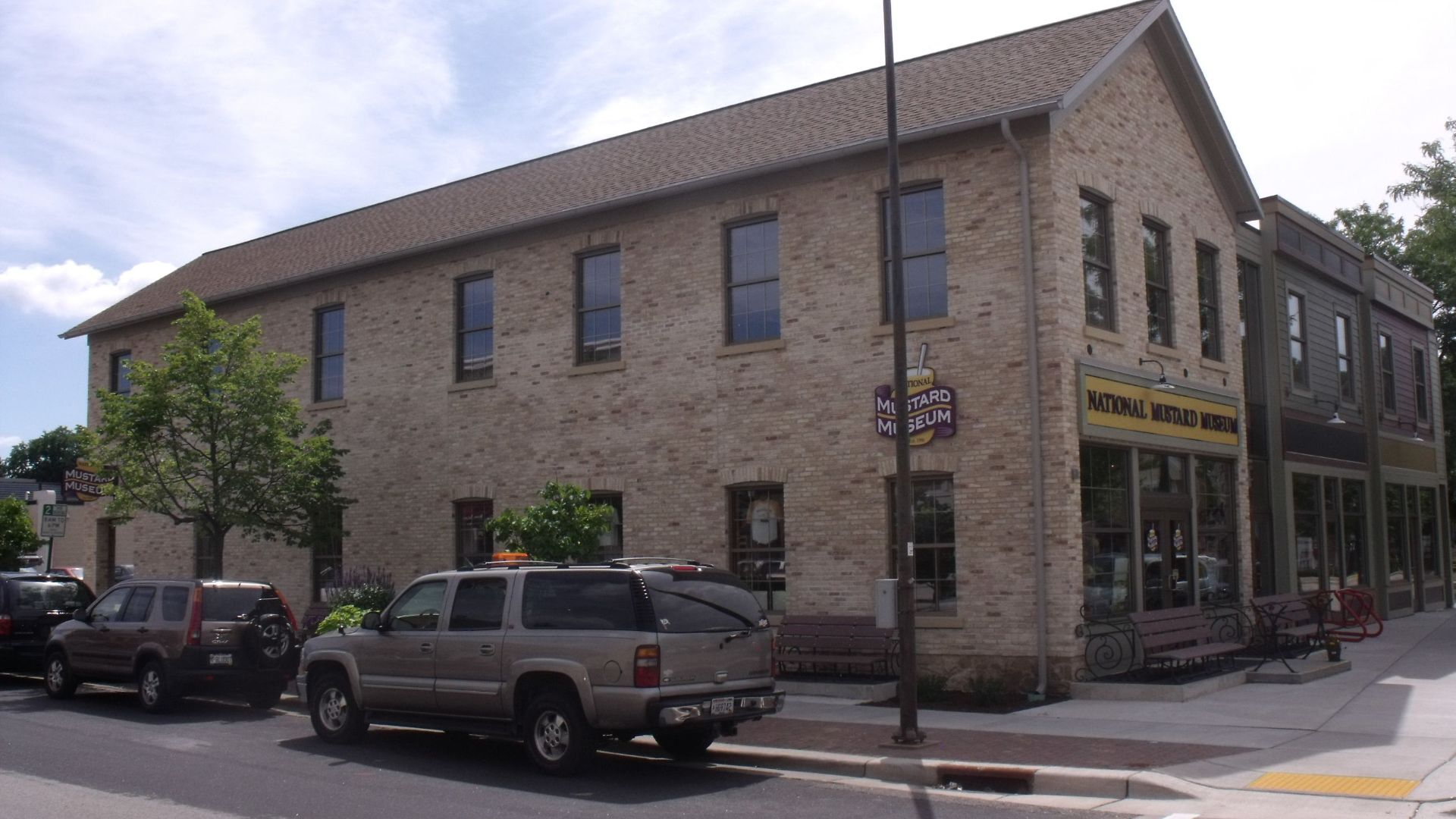 Corey Coyle, Wikimedia Commons
Corey Coyle, Wikimedia Commons

